ENGL 1010: Academic Writing
An introduction to the fundamentals of effective writing in academic contexts. Topics may include language, essay writing conventions, critical thinking, research, editing and revising, and academic integrity. (1.5 lecture, 1.5 laboratory hours per week.) (Arts elective only; does not count for credit in the major or minor Fall 2025 Undergraduate Calendar 104 course requirements of […]
Gregg French
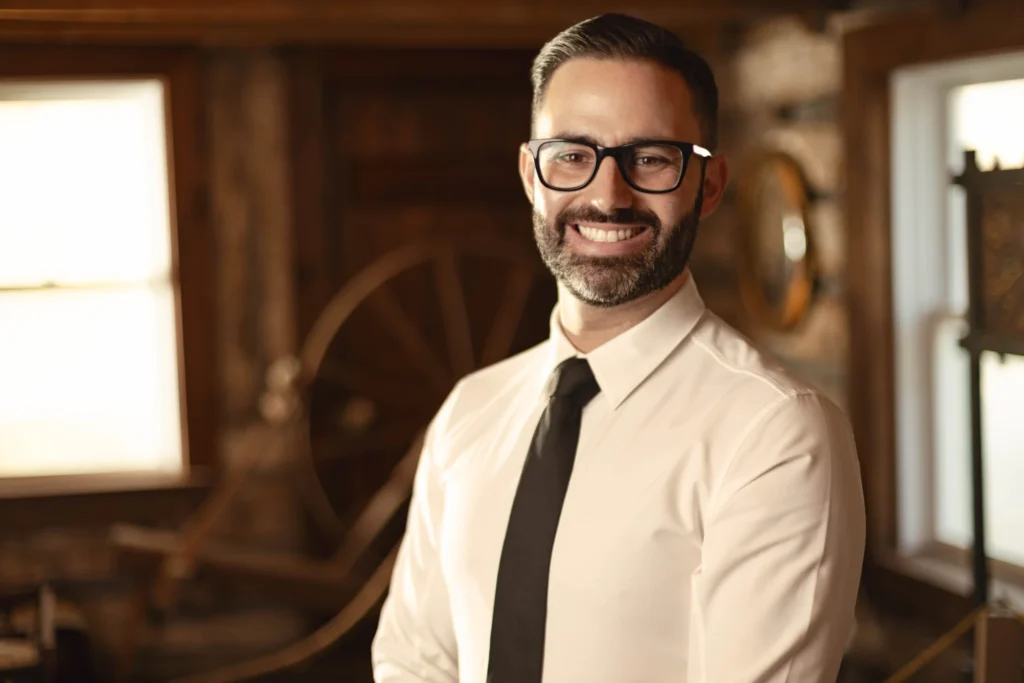
Undergraduate Advisor for the Department of History at the University of Windsor. Dr. French supports students with academic advising, course planning, experiential learning, and opportunities within the History Students’ Association. Reach out by email with any questions about your journey in History.
Sheri Lowrie

Sheri is a dedicated student support professional for the Faculty of Arts, Humanities, and Social Sciences. She holds a Bachelor of Arts in English Literature and Language, with minors in Communications, Media and Film, and Sociology. Sheri is committed to helping students navigate their academic journey and make the most of their university experience—whether through email, virtual meetings, or in-person conversations.
HS25: Arts, Humanities, Social Sciences, and Education
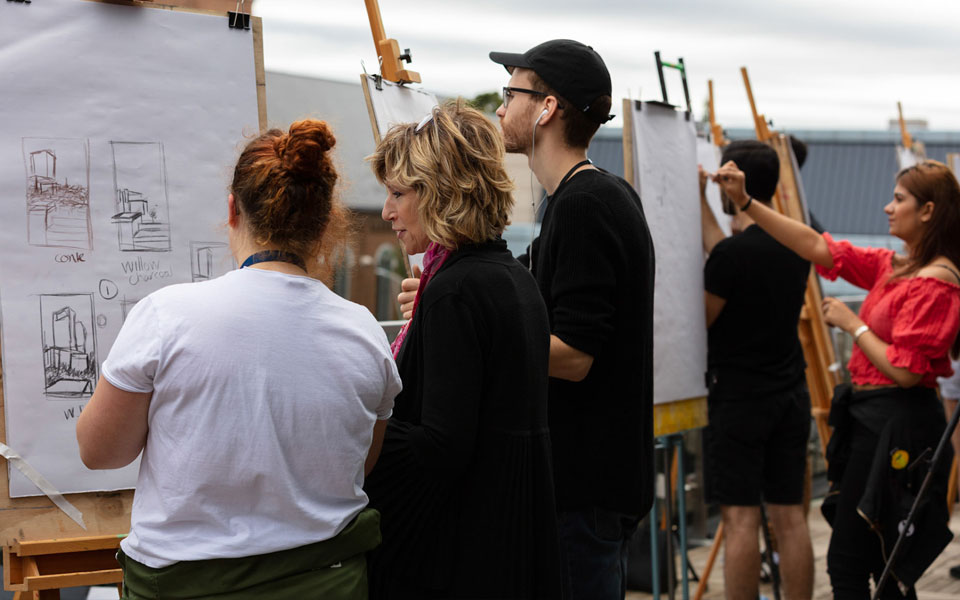
Explore the vibrant world of Arts, Humanities, Social Sciences, and Concurrent Education with a full day of engaging sessions, tours, and hands-on support.
Alysha Baker-Diaz
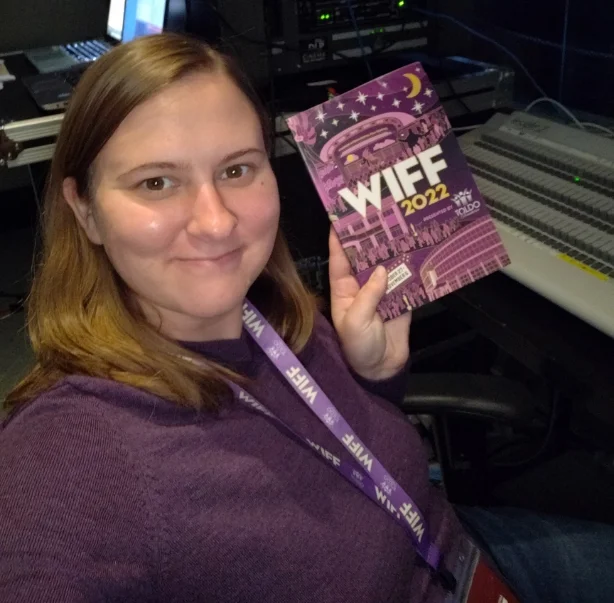
“Completing my Masters at the University of Windsor gave me the opportunity to further develop my love of film and media arts. My favourite part of my MFA program was the one-on-one support from my thesis advisors”.
Luca Cunial
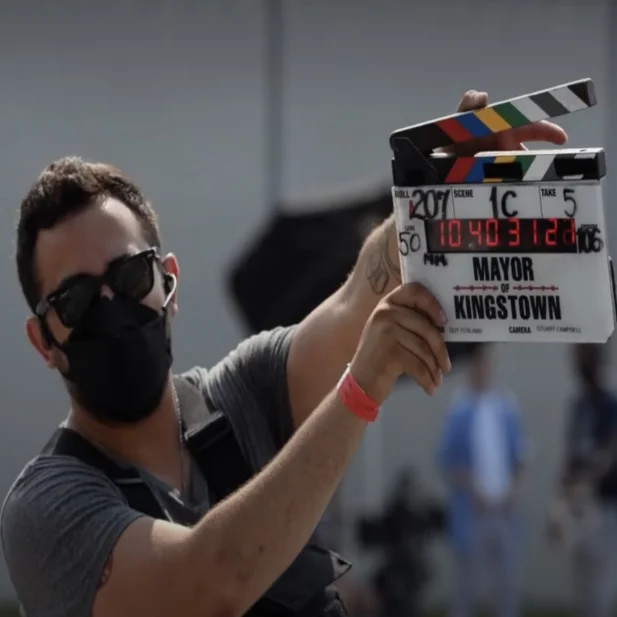
The MFA program at the University of Windsor helped me grow as a filmmaker, both technically and creatively. By having access to industry-standard camera equipment, I was able to have a hands-on approach to expand my knowledge of cinematography and the technical aspects of the film industry. I also evolved creatively, learning about the fundamentals […]
Gemma Eva Cunial

I wouldn’t have imagined going to film school anywhere else. The University of Windsor’s Film and Media Arts MFA program allowed me to work closely with supportive professors who each had their own specialty, which gave me a well-rounded film school experience. As a student, my crew and I were able to use industry-standard technology […]
Calum Hotchkiss
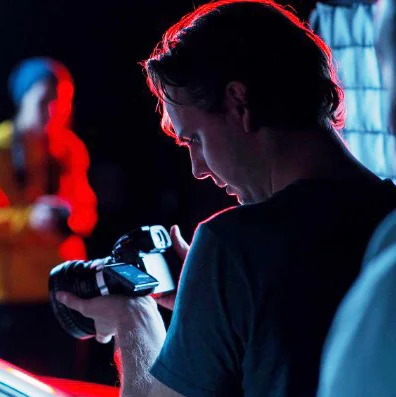
My time in the University of Windsor MFA program was an enriching experience. I found the faculty to be very devoted to their students and the mentorship I received was truly invaluable. Throughout the course of the program, I had the opportunity to work closely alongside my advisors gaining first hand insight into the film […]
Prof. Tony Lau
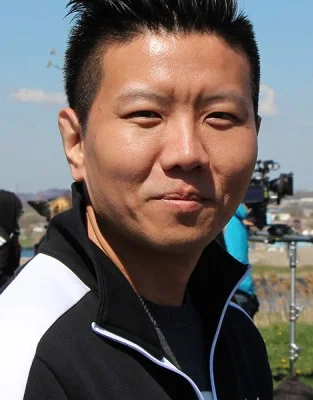
Tony Lau is a Hong Kong-born, Canadian filmmaker who has worked on numerous films, documentaries, and animations that have premiered on international platforms. In collaboration with CBC, he produced an animation series called “Plantemic” and the short documentary “A Sweet and Sour Christmas”. Funded by Telefilm Canada, he produced a feature film, Stand Up Man, in […]
Brent Lee
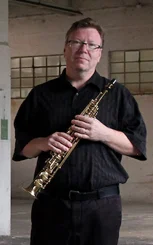
Dr. Brent Lee is a composer, media artist, and musician whose work explores the relationships between sound, image, and technology, especially through multimedia performance. He has created more than one hundred works, ranging from orchestral music to interactive media pieces to film soundtracks. His most recent project is entitled Homstal, a set of multimedia pieces […]
Prof. Sigi Torinus
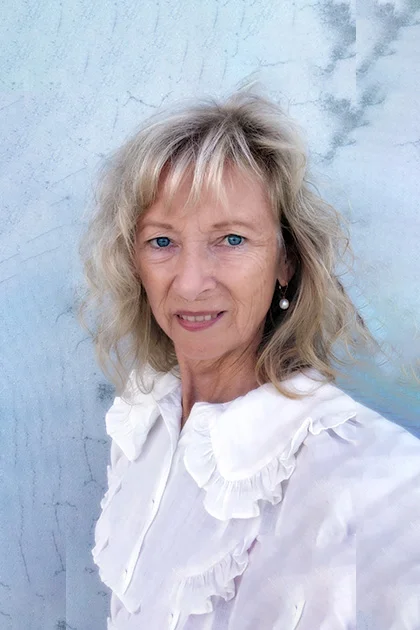
Professor Sigi Torinus is a new media artist who explores the dynamics of light and sound in her captivating installations and performances. Born in the US Virgin Islands and educated in Germany and California, she draws inspiration from her experiences of migration and movement. Her works are poetic and playful, inviting the viewers to engage […]
Prof. Michael Stasko
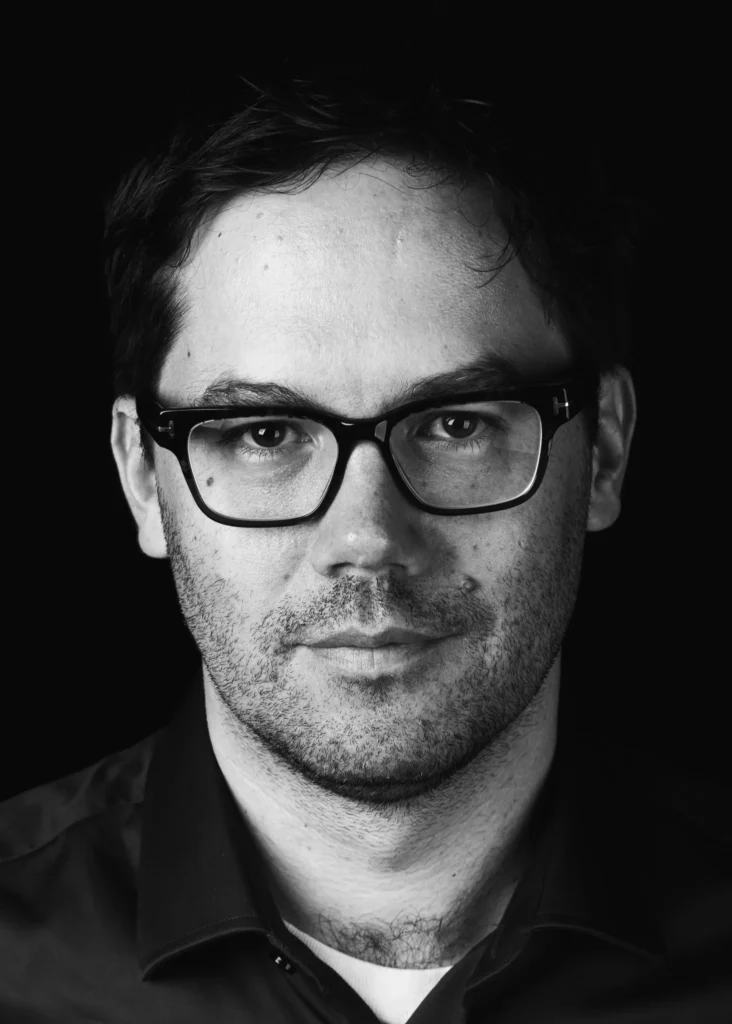
Michael Stasko is a talented and award-winning filmmaker who has written and directed five feature films that have premiered at prestigious festivals and sold to major distributors. His films range from comedy to sci-fi to drama, and feature stars like Ray Wise, Tom Cavanagh, Fred Willard, Graham Greene, Colin Mochrie and Kevin McDonald. He has […]
Kim Nelson

Dr. Kim Nelson is a scholar and filmmaker who leads the Humanities Research Group. She has created captivating feature-length documentaries such as Berliner (2010) and This Is What A Feminist Sounds Like (2012) that have been showcased and celebrated across the globe at international film festivals, on the CBC in Canada, and with KCET in the United-States. She has […]
Prof. Nick Hector

Our greatest strength is our faculty. University of Windsor’s School of Creative Arts graduate film faculty are a fabulous mix of award-winning and internationally recognized scholars and practitioners. They offer breadth and depth of experience in a variety of film genres and modes. I’m proud to be part of a Film MFA program that integrates […]
Prof. Min Bae
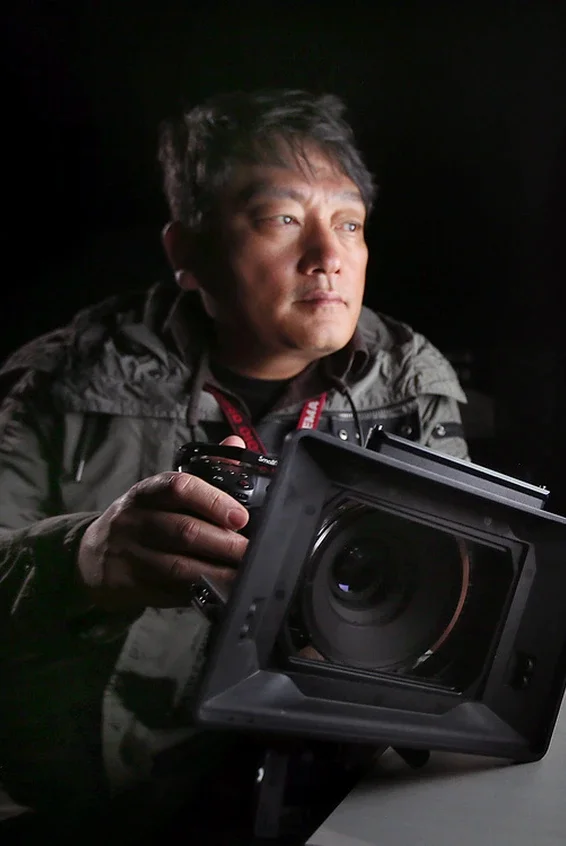
If you’re ready to transform your love for storytelling into a thriving career in film production and media arts, the University of Windsor’s MFA Film and Media Arts program has everything you need to succeed. Our program is specifically designed for students who are passionate about filmmaking and want to learn from experienced professionals. As […]
Sociology, MA
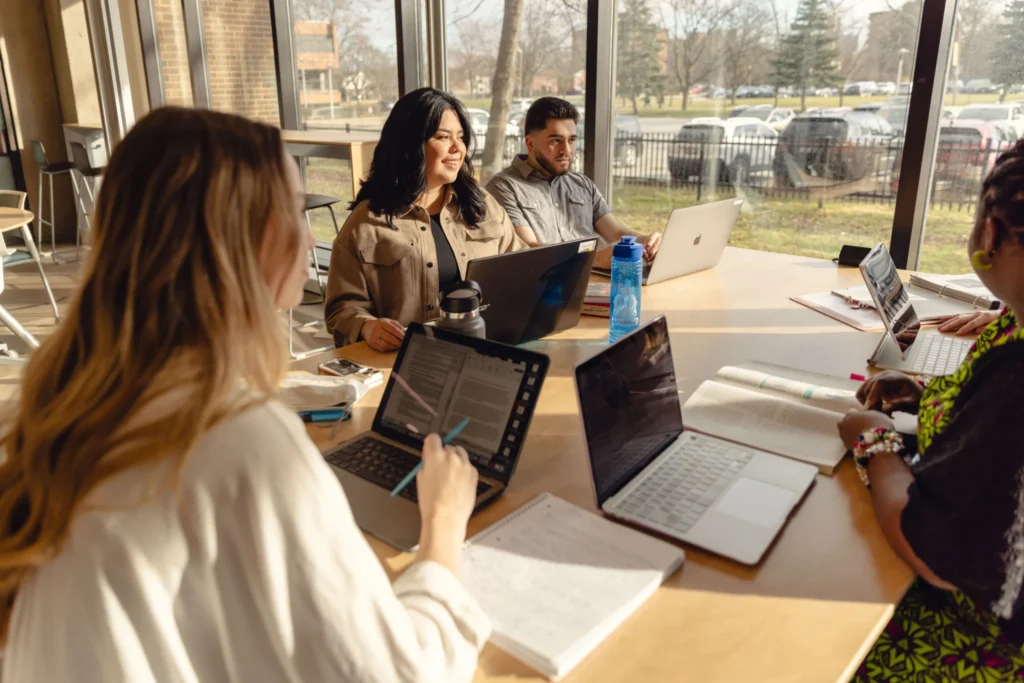
Psychology, PhD
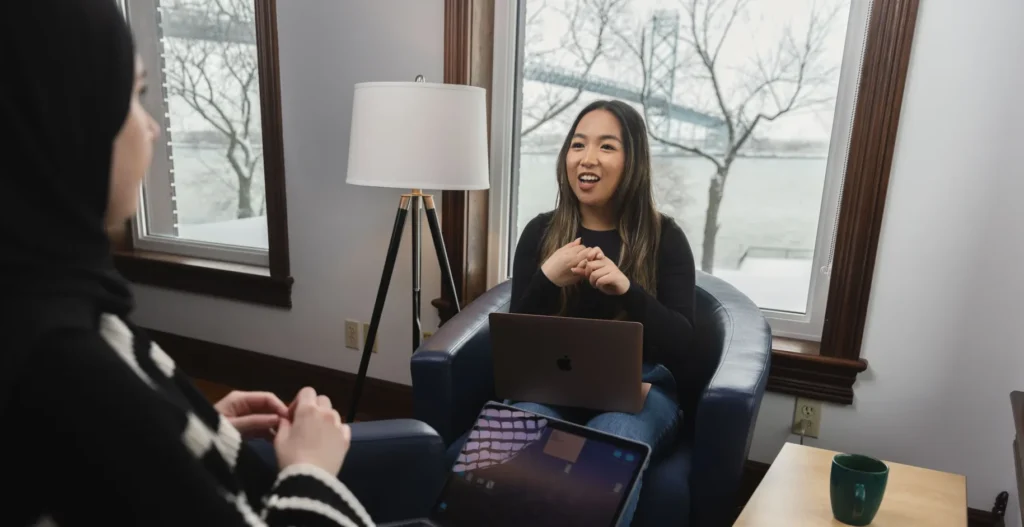
Psychology, MA
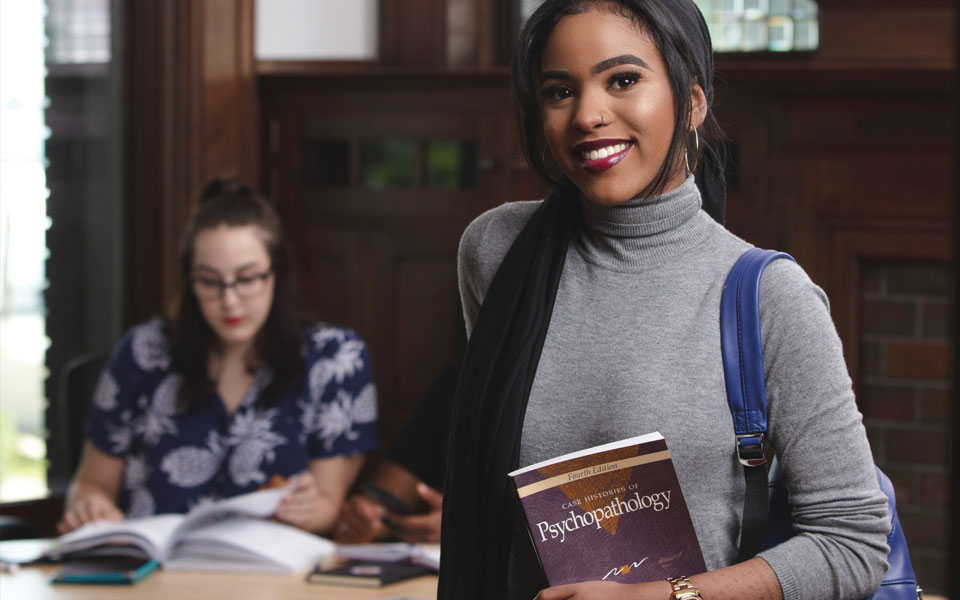
Sociology, PhD
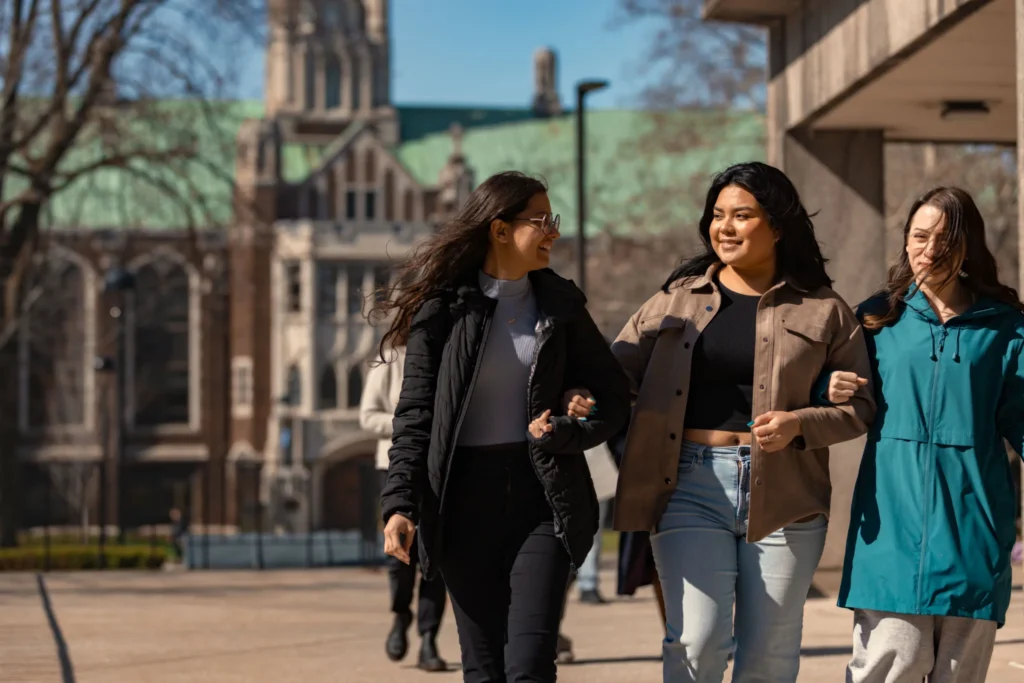
Political Science, MA
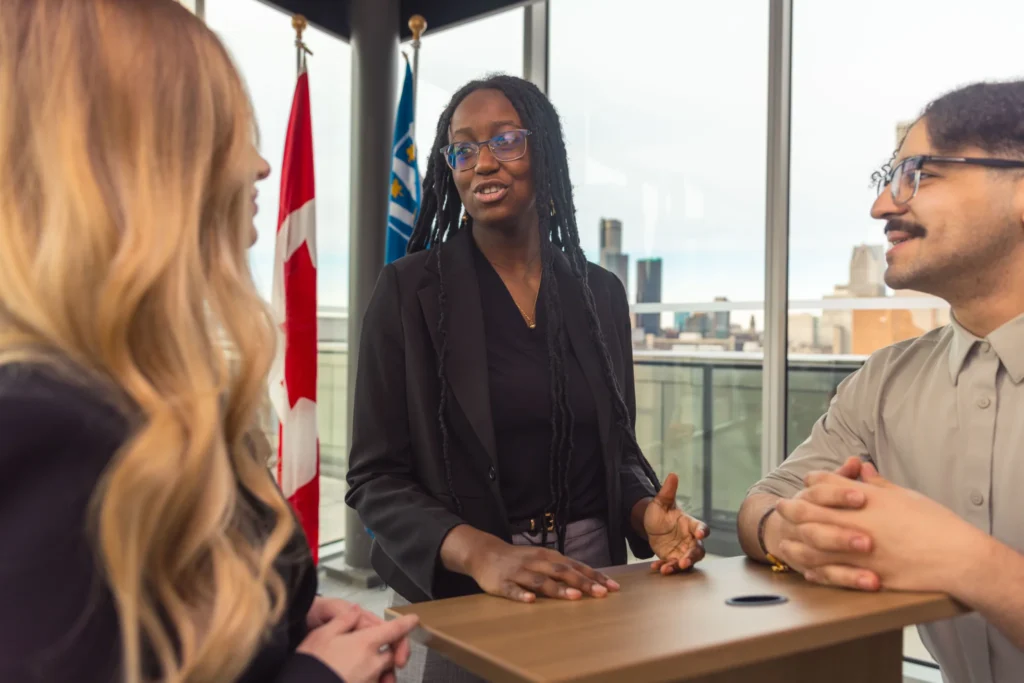
Philosophy, MA
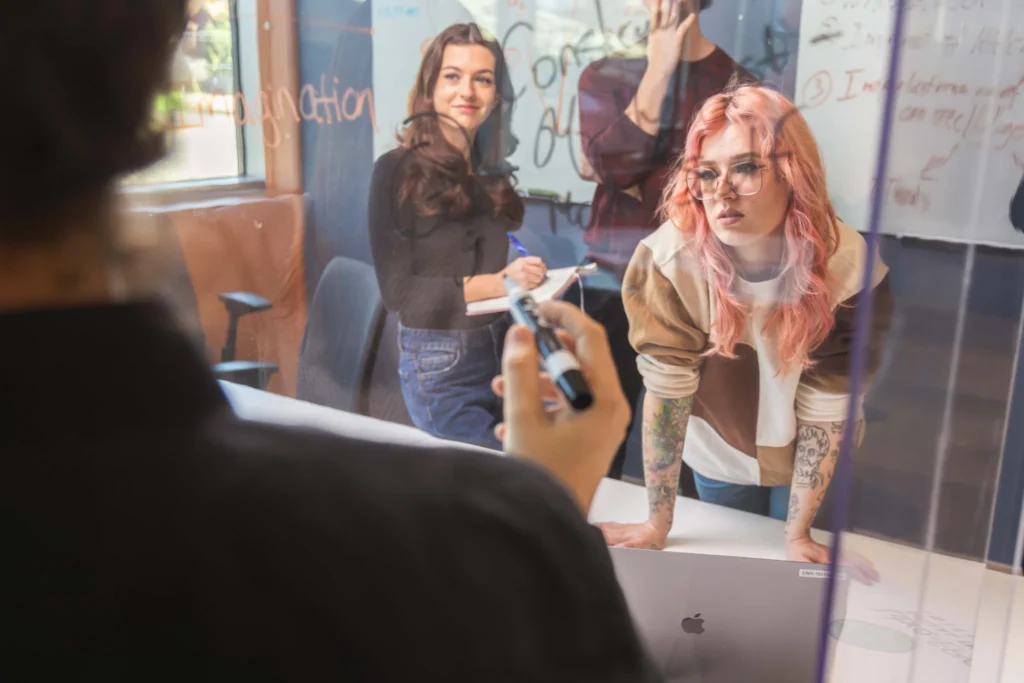
History, MA
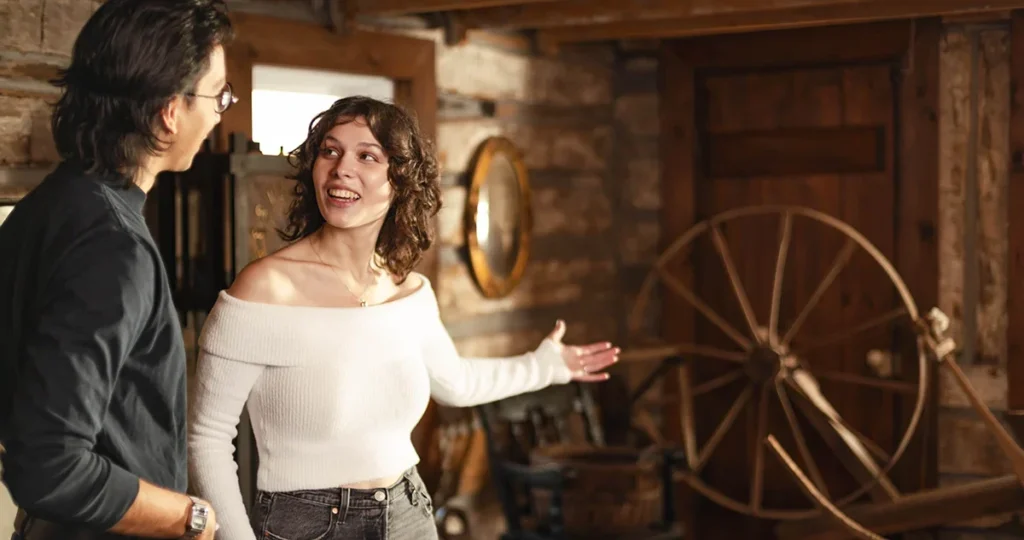
Film & Media Arts, MFA
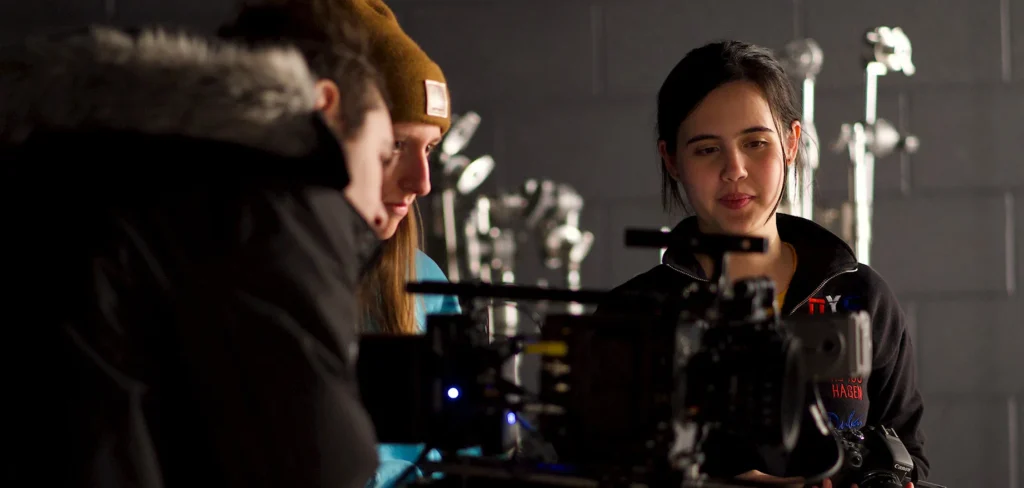
English, MA

Criminology, MA
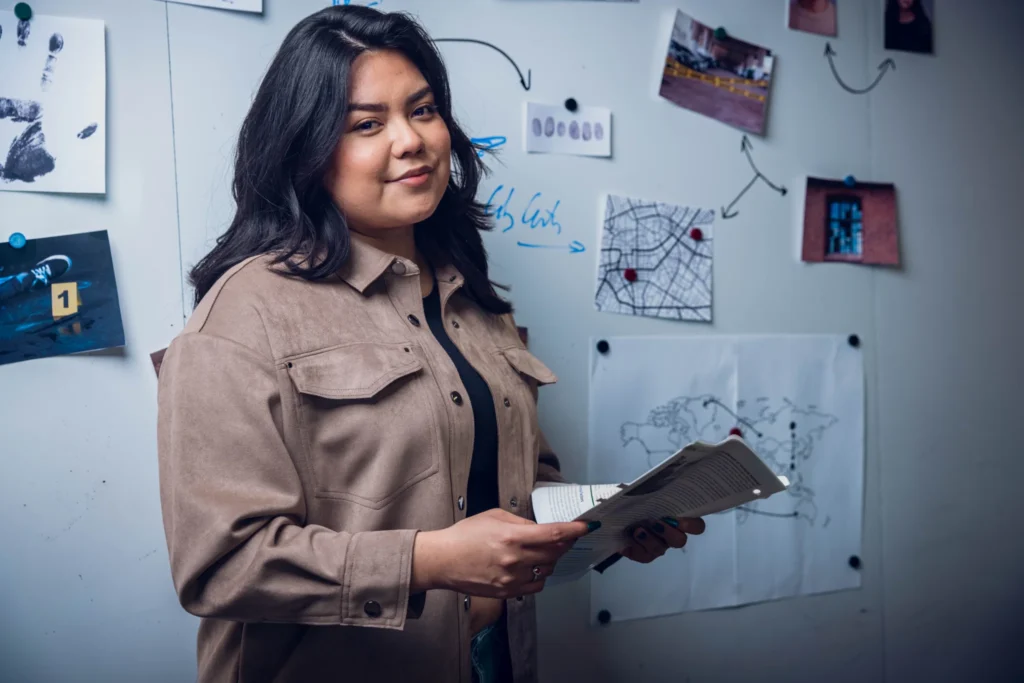
Communication & Social Justice, MA
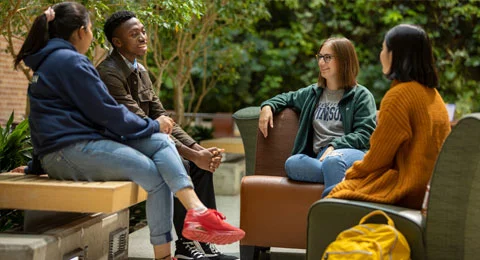
Argumentation Studies, PhD
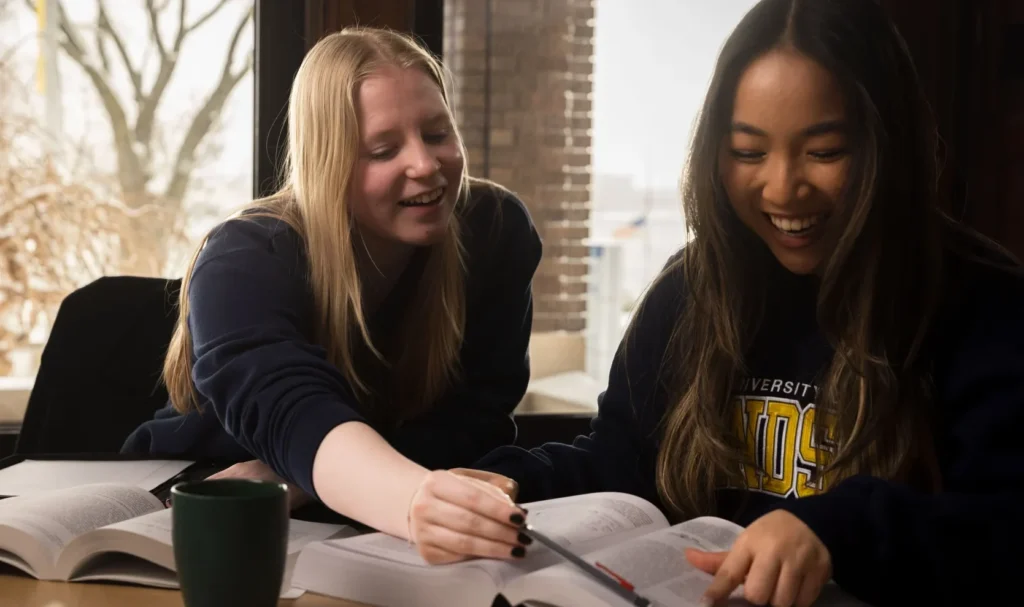
Interdisciplinary Health Science
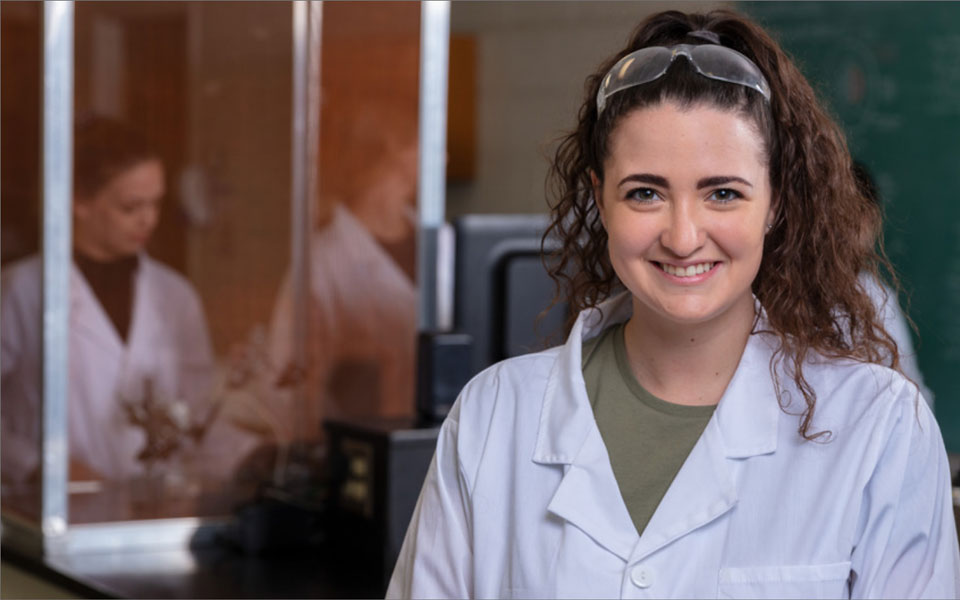
IACS 1000: Social Justice in Action
Students investigate the local and global origins of a contemporary social problem through the eyes of socialjustice activists. Students will assess the strengths and limitations of strategies and theoretical frameworks for social change and use this knowledge to create social action messages that raise public awareness, influencegovernment or corporate policy, or positively change attitudes and […]
LING 3210: Methodologies for Second Language Education
An introduction to current methods of second language teaching through an examination of curriculum development, lesson planning and classroom techniques. (Recommended for students interested in Speech Pathology. Prerequisites: LING-3200, or permission of instructor.)
ARAB 1110: Introduction to Arabic II
This course is the continuation of “Introduction to Arabic I”. It is designed to increase vocabulary, enhance knowledge of the elements of Arabic language structure and provide additional oral (listening and speaking) and written (reading and writing) communication skills. (Prerequisite: ARAB-1100 or permission of instructor.)
ITLN 2480: Italian Cinema
The course takes the student on a journey through fifty years of Italian history using subtitled films representative of three pivotal periods. The course is taught in English.
ASIA 2640: Special Topics in Chinese Literature
This course covers the development of modern Chinese literature in English translation. Classic works and literary characters will be classified and analyzed. Students will compare different writing genres and integrate them with the socio-cultural background of modern Chinese writers. Students will be expected to present their own perspectives through written papers and oral presentations. (Three […]
FREN 2600: Modern French Culture
A general study of the patterned behaviour which constitutes the modern French cultural system, focusing on its intellectual, sociological, political, and religious aspects. Students will be required to read texts and will also avail themselves of the latest audiovisual technology. Prerequisites: FREN-1210.)
GRHS 2101: Greek History II: To the End of the Hellenistic Period
This course is an illustrated survey of the historical and social development of Greek civilization from the time of Alexander the Great’s conquests (326-323 BC) to Rome’s annexation of the last major Greek kingdom, Cleopatra’s Egypt, in 30 BC. The continuing role of Greek cities under the Roman Empire can also be examined. Selected readings […]
GRST 2120: Greek Art and Archaeology
A study of the artistic masterpieces and monuments of ancient Greece. Topics will include the search for Troy, the spirit of Greek sculpture, and Athens in the Golden Age. (Prerequisite: semester 3 standing or above or permission of the instructor).
INCS 2370: German, Italian and Spanish Literary Traditions
A study of the forms and structures of German, Italian and Spanish literature (in English translation) including a survey of genres, styles and rhetorical figures.
Renée D’Amore

I thoroughly enjoyed my time in the MSW program. The coursework gave me an advanced understanding of the ecological perspective, and my internship allowed me to gain practical experience within the social work field. My professors created a learning environment that welcomed participation and motivated students. I was provided with an opportunity to attend the […]
Jess Borromeo
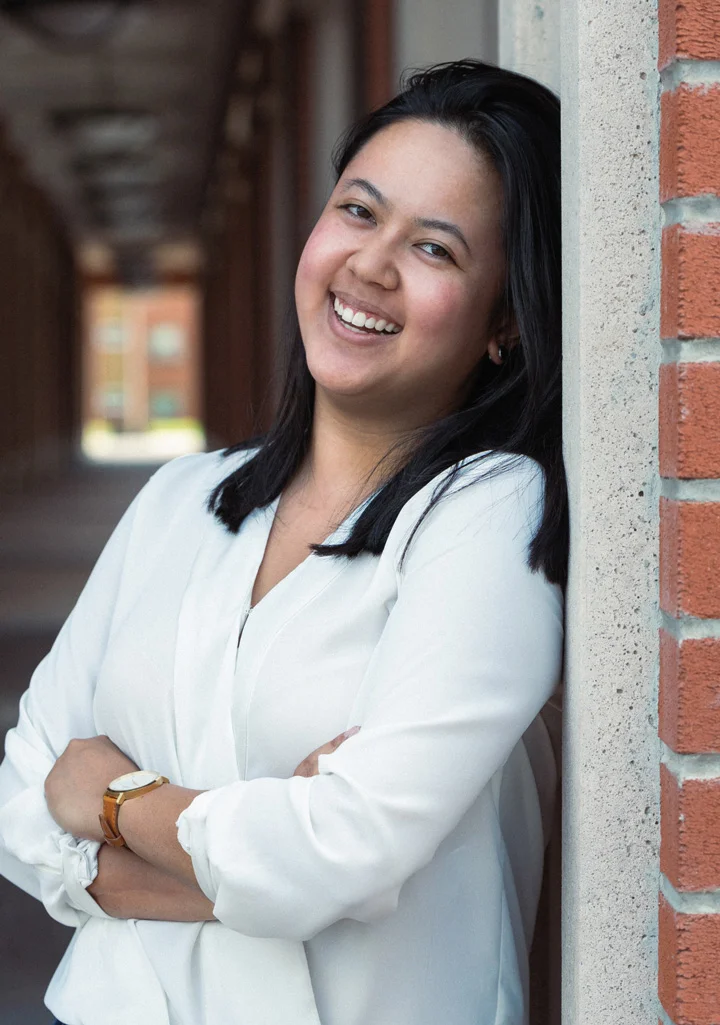
Being in the regular track of the MSW/JD program has opened up so many professional and academic opportunities that I have never even considered before. The skills from both programs are transferrable to a variety of different professions, even outside of law and social work. I would still say that the best thing about this […]
Social Work, MSW
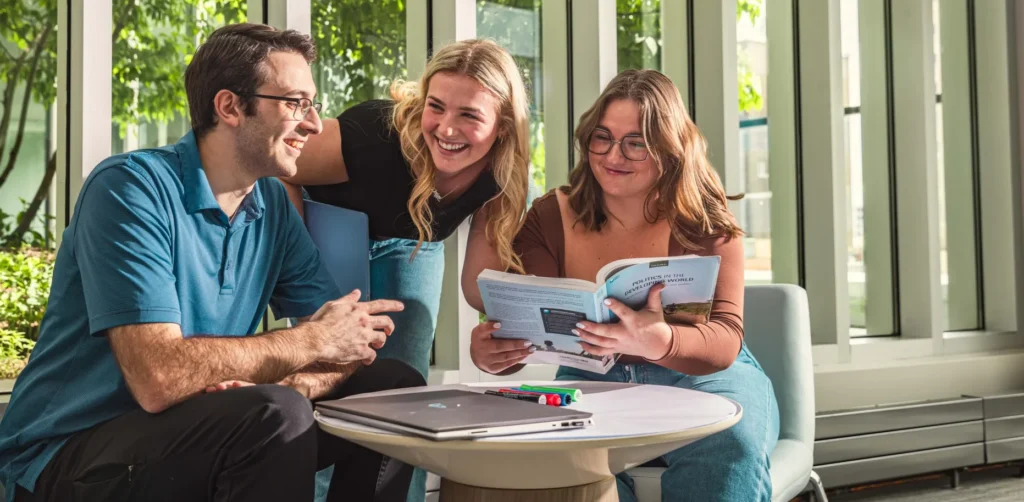
Dr. Michael Bennett
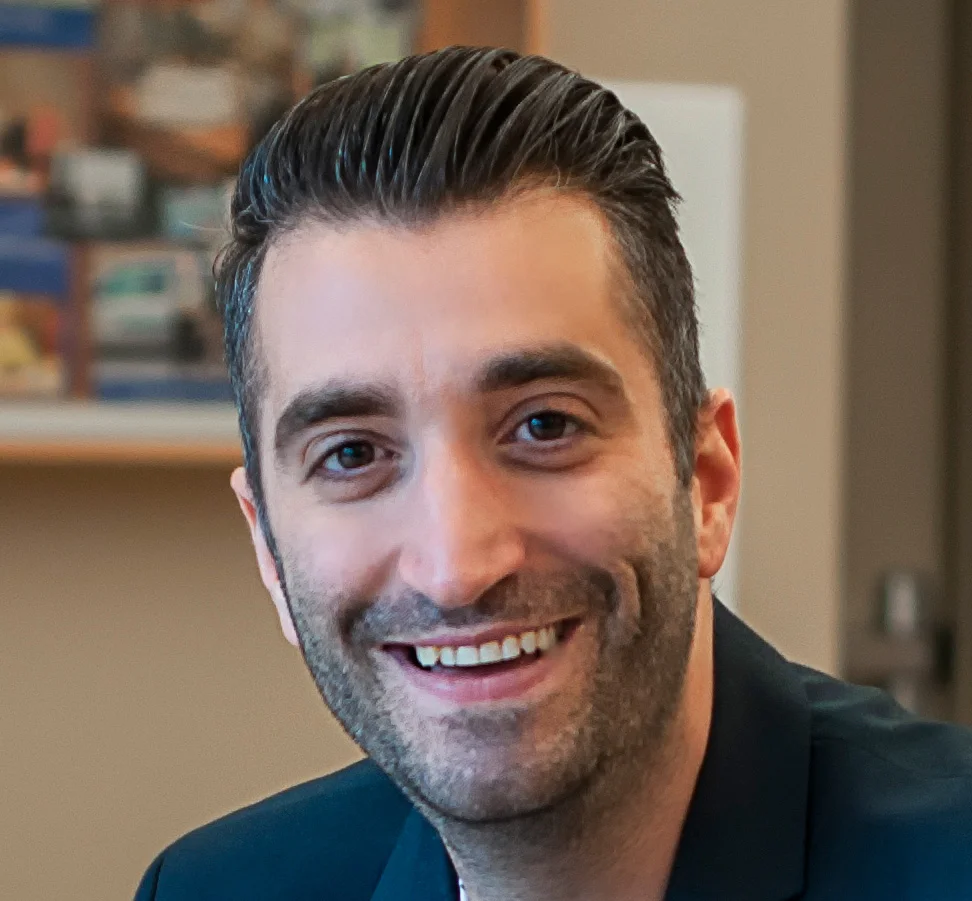
My education at the University of Windsor, and specifically the School of Social Work, not only prepared me for the job market in my field but motivated me to apply what I learned in my community to make a positive difference. The faculty were genuinely invested in my development outside of the classroom as well. […]
Dr. Riham Al-Saadi

The School of Social Work’s Ph.D. program journey is an incomparable experience. The prime characteristic of this journey can be termed with three words: Opportunity for Growth. Faculty here wholeheartedly welcome you with an open door and a passion to support your growth. Not once have I left an office without an opportunity: An opportunity […]
Dr. Mohamad Musa
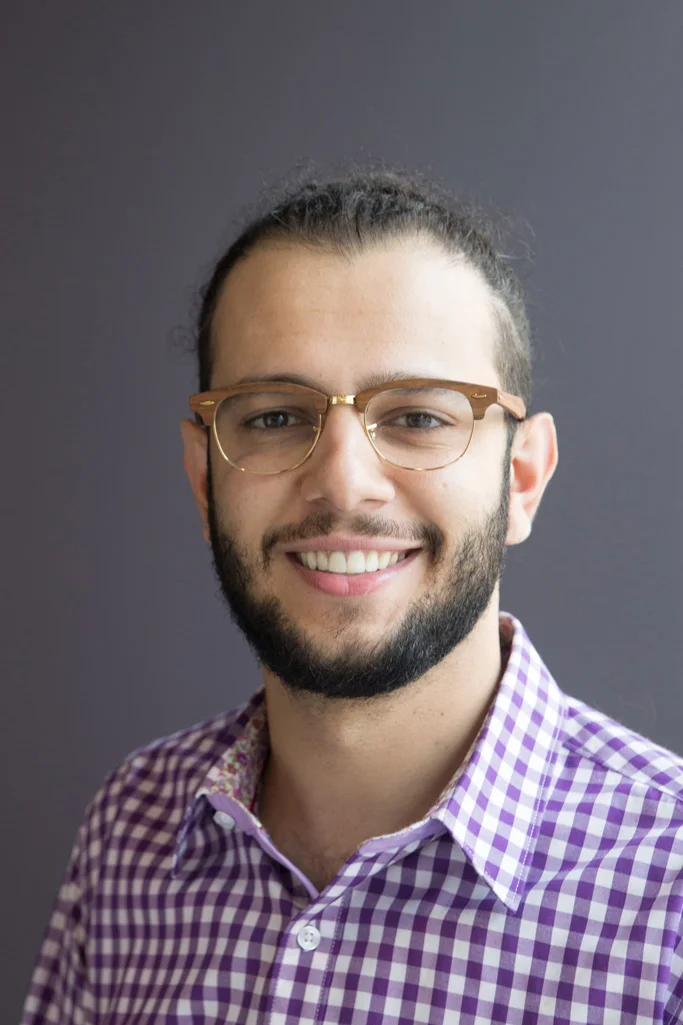
The PhD program at the University of Windsor, School of Social Work, is one of a kind as it allowed me to take my academic career to a unique level. The small cohort offered me a customized experience with unmatched supported from the faculty and staff. The program’s structure assisted me in individually focusing on […]
Social Work, PhD
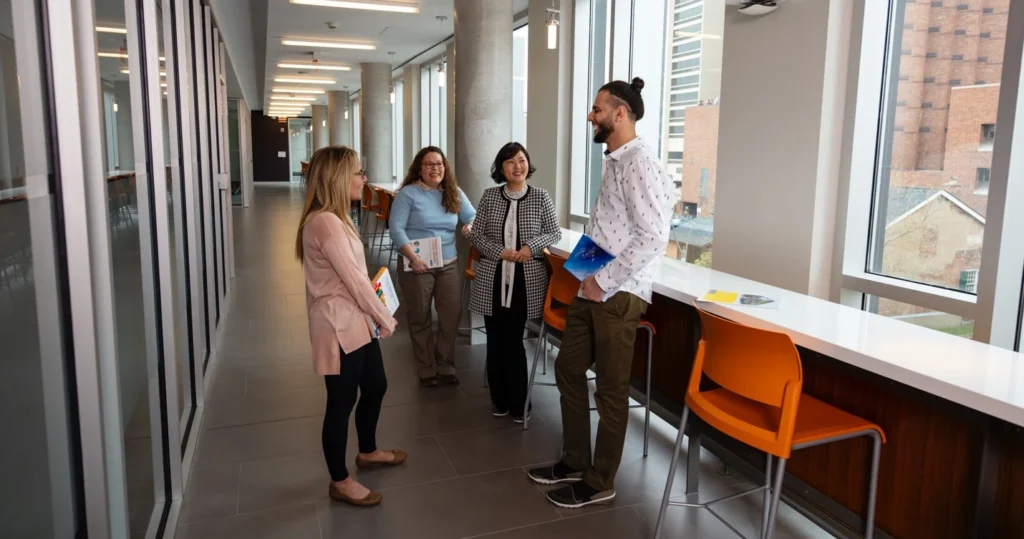
World-Class Faculty Our nationally and internationally renowned scholars represent a broad spectrum of expertise in social work practice and research methods to guide and mentor students through the program. Feel free to reach out to anyone of them to discuss shared interest in social work research and possibilities for collaboration. Learn More About The Faculty […]
Amanda Gatto
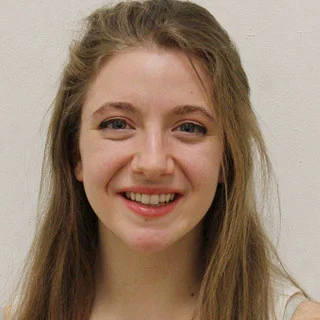
VABE has been the best university experience I could ask for. The VABE program offers opportunities to learn in so many different ways, from tactile and experience based learning to theory and calculus, and allows for students to work one-on-one with professors to develop their skills. Being able to use my passion for art as […]
Joshua Babcock

My four years spent in the Visual Arts department contributed positively to my development as a person, an artist, and a citizen of Windsor-Essex County. Through my education, I was fortunate enough to meet a number of likeminded young artists, with whom I would collaborate for years to come. I have also witnessed the true […]
Ricardo Julien
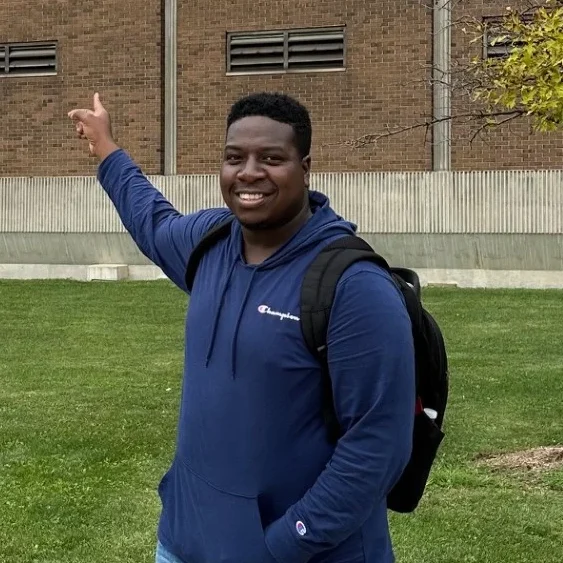
My experience in the sociology and criminology program at the University of Windsor has been one filled with learning and anticipation of what is to come…. I am eager to absorb more information and learn why my area of study has such an impactful and profound presence in Canada, not to mention internationally.
Lourdes Taan

I find the classes to be extremely interesting, and the knowledge I have gained will be beneficial in my future plans. I have had amazing professors who deliver their lectures in enjoyable ways, making you want to learn more, and I have met so many incredible people who have made my experience the best it […]
Alaina Jraige
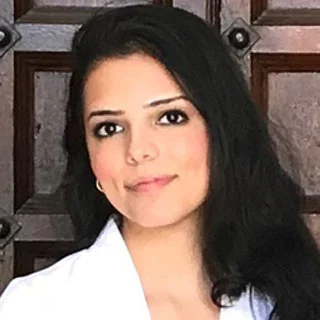
Engaging in various campus club activities relating to my major was the greatest asset towards improving my resumé. From being able to network with United Nations leaders from all over the world, as well as becoming a well-rounded candidate for job applications, I can confidently say that getting involved with University of Windsor campus clubs […]
Sarah Julius
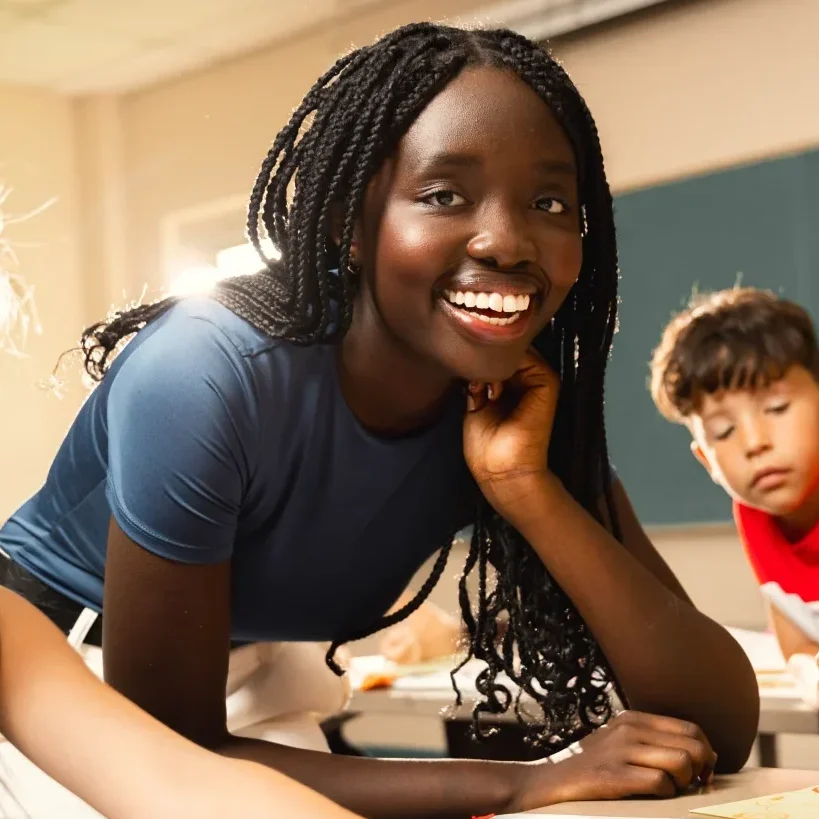
I’ve truly enjoyed being in the Concurrent Education program. Being able to get two degrees and a diploma within 5 years has granted me a number of opportunities to make new friends with those in my program, build connections with students and teachers at local schools, and create a positive impact on campus and in […]
Emelie Weidl
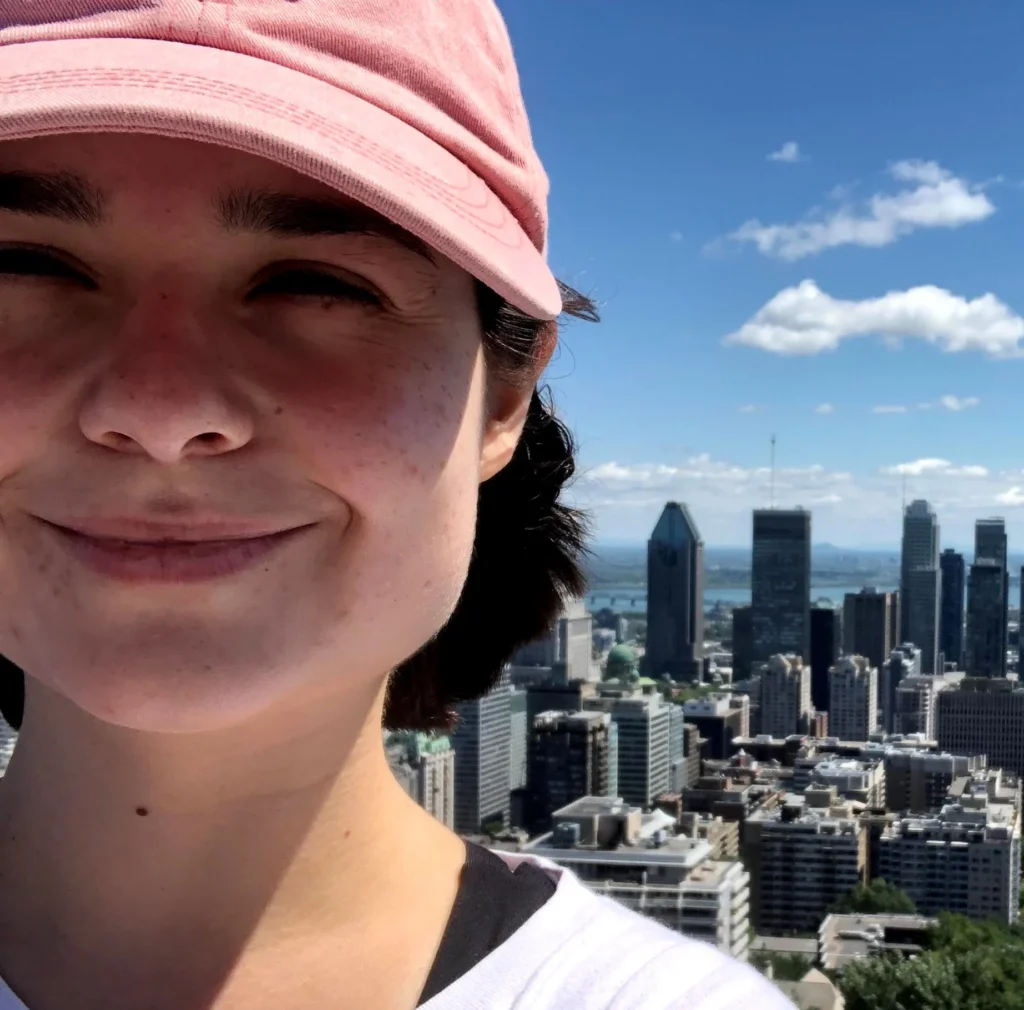
I wouldn’t trade my time at UWindsor Political Science for anything. The incredible professors I met and experiences I had paved the way for my path forward. Working on research with some of our professors inspired me to aim for a career in academia. I also took advantage of the courses taught in French at […]
Logan Carmichael
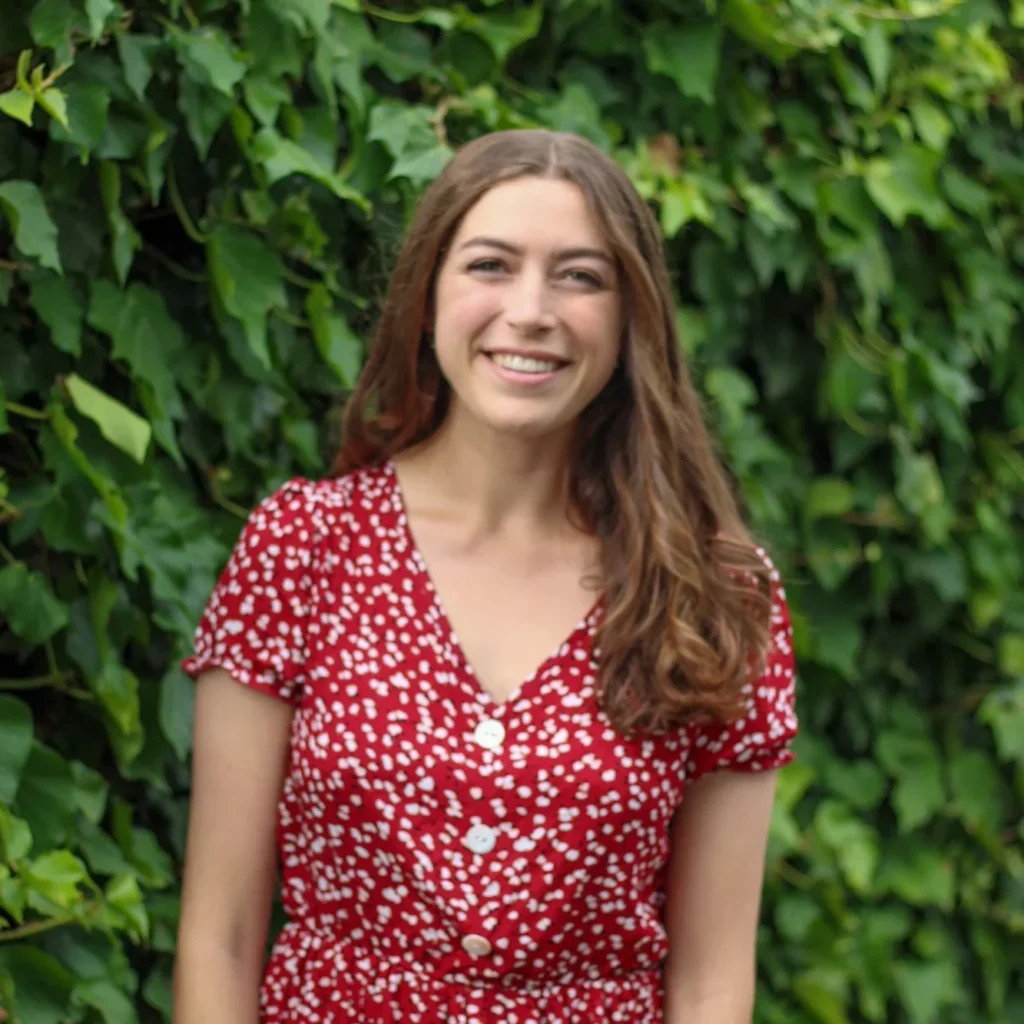
I 100% credit my time in Political Science at the University of Windsor with setting me on the path I’m on today. Programs like Outstanding Scholars – getting to publish scholarly work as an undergraduate – and EU Study Abroad – going overseas for the first time and exploring the EU – really opened my […]
Michael Petrino
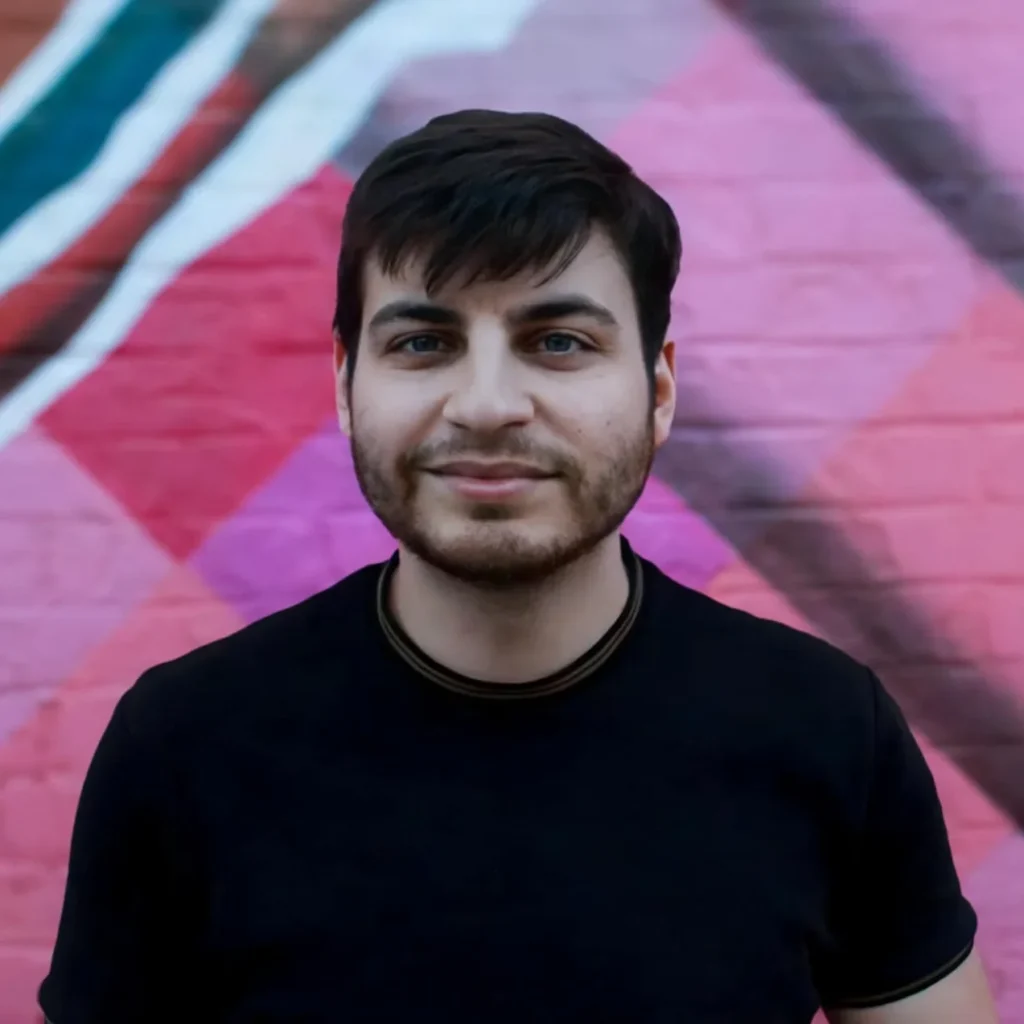
The performance opportunities, along with the support and praise from some of the most talented and well-versed musicians… had a large impact on my university experience. Additionally, rehearsing with so many different musicians was a great way to diversify my skills…. The music program involves a lot of performing on various instruments, not only your […]
Craig Leopold
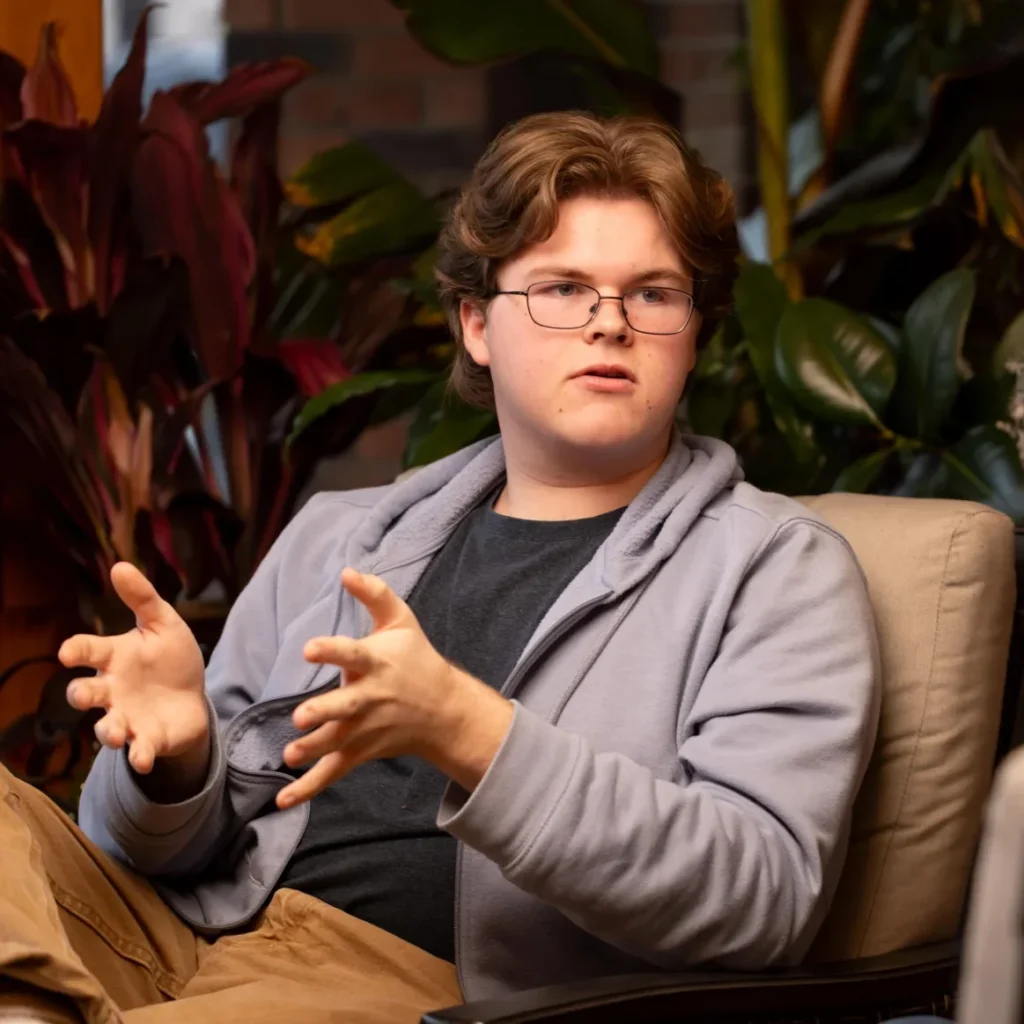
Modern Languages is exactly the gateway to the rest of the world that I’ve always wanted. Ever since I joined the program, my year abroad in Germany is all I can think about. The small size of the program is a blessing rather than a curse, and it really feels like every professor is rooting […]
Émilie Weidl
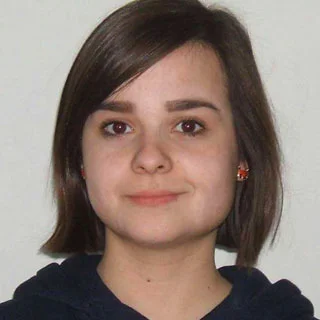
I wouldn’t trade my time in the Law & Politics program for anything. The incredible professors I met and experiences I had paved the way for my path forward. Working on research with some of our professors inspired me to aim for a career in academia. I also took advantage of the courses taught in […]
Dina Jaber
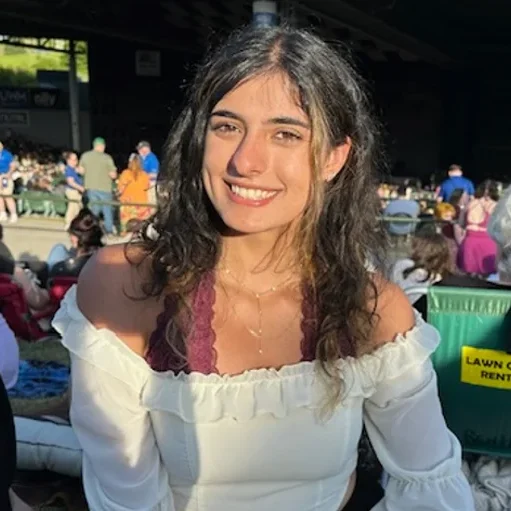
The fact that this program is small works to the students’ advantage because it allows us to have more time with and attention from professors, which many other students do not have the privilege of having. I was able to have actual conversations with professors outside of the classroom which let me feel more welcome […]
Oluwadunbarin Akinwande
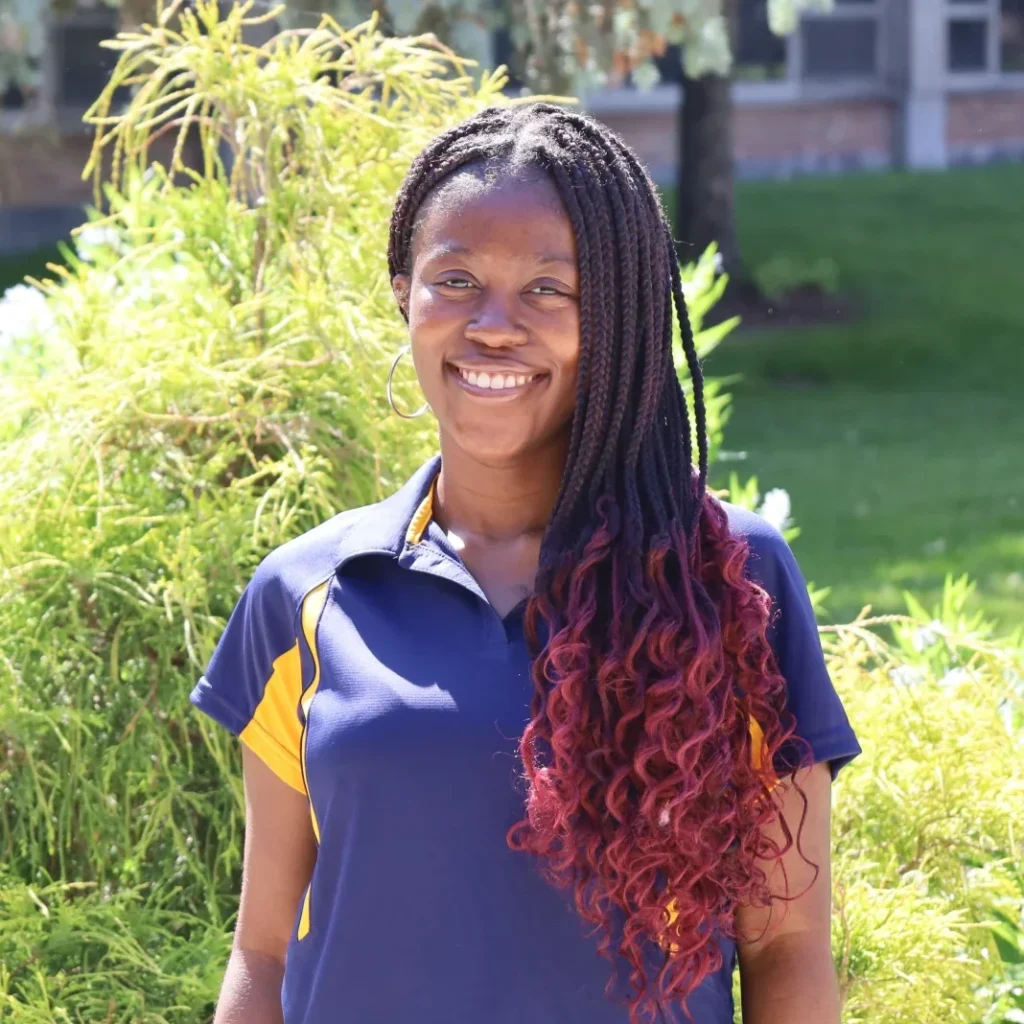
I vividly remember my first year at the University and I can boldly say that I am proud of the person I have become in respect to my knowledge and understanding of global issues and in terms of high involvement in extra -curricular and co-curricular activities. I have had the opportunity to attend important conferences […]
Katja Bekcic

One of my favourite things about ArtSci was that I had flexibility in choosing courses I was most interested in. I was also exposed to many courses I really enjoyed but would not have taken if I was in a different program. Another thing I really appreciated about ArtSci was that its small program size […]
Teodora Secara
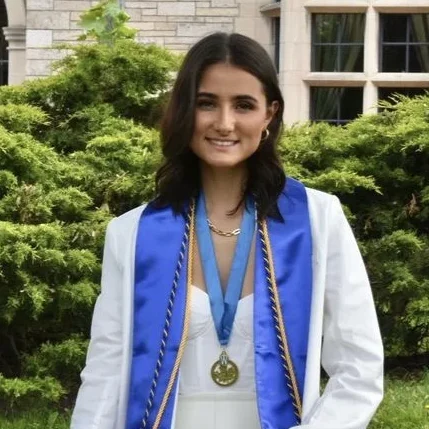
Arts and science is a unique program because it doesn’t restrict its students – you are able to construct a degree that is truly reflective of your interests as a learner. The support system provided by both students and professors is also one of the strongest aspects of ArtSci. I worked in a medicinal organic […]
Hassan Shaban

My time in ArtSci had been nothing short of exceptional. The small class sizes, the caring professors, and the connections I forged with my peers in my cohort are something I continue to cherish to this day…. To prospective students, if you have a passion for both science and art, I encourage you to take […]
Brennen Siemens

My experience at the University was greatly enhanced by the presence of some amazing professors and faculty…. Additionally, the History Students Association has provided me with support and connections to other students who could give me advice about navigating the department. I have loved that the university is small enough that I can get to […]
Kendal Ryan
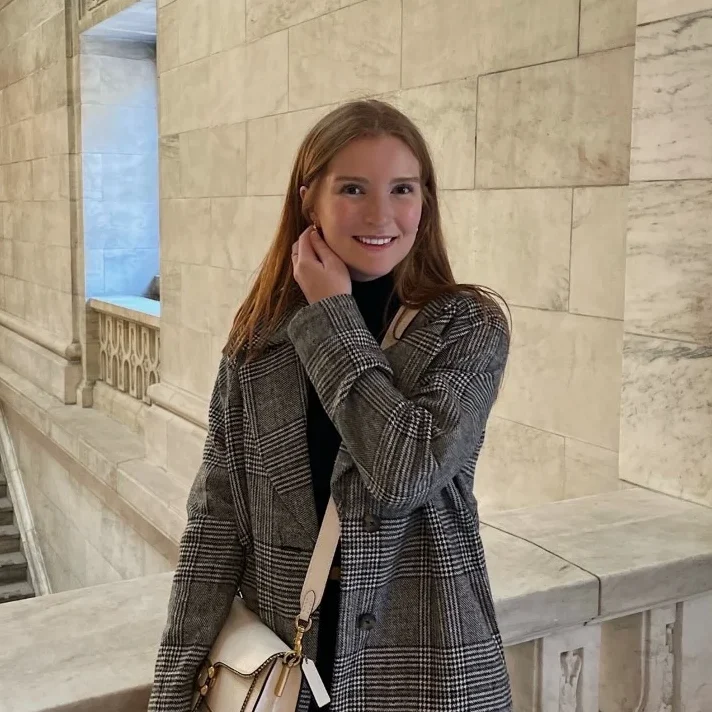
My experience with the Department of History has equipped me with the skills to work as a high school educator, teaching IB history for the Windsor Essex Catholic District School Board. Even as a graduate, the wonderful educators in the program have inspired and encouraged me to seek out further research opportunities around the world […]
Willow Key

As the lead researcher for two local history projects covering both digital and interactive platforms, the undergraduate History program equipped me with significant research and theory-based skills, enabling me to pursue these research opportunities. The knowledge and experience obtained during my undergraduate studies were instrumental in propelling me toward the graduate history program and ultimately […]
Jeffrey Masse
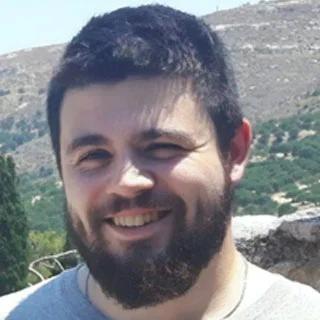
This program taught me to be an independent critical thinker and to articulate myself in speech and writing while always remaining attentive to detail. The faculty worked with me individually to ensure I could succeed beyond my undergraduate degree by providing me with enriching educational experiences both in the classroom and in Greece. The program […]
Jessica Akpagnonite

Enrolling in the French Studies program was one of the best decisions I’ve made….. I not only learned the roots of the language but also gained a deeper appreciation for French culture.
Jordyn Mills
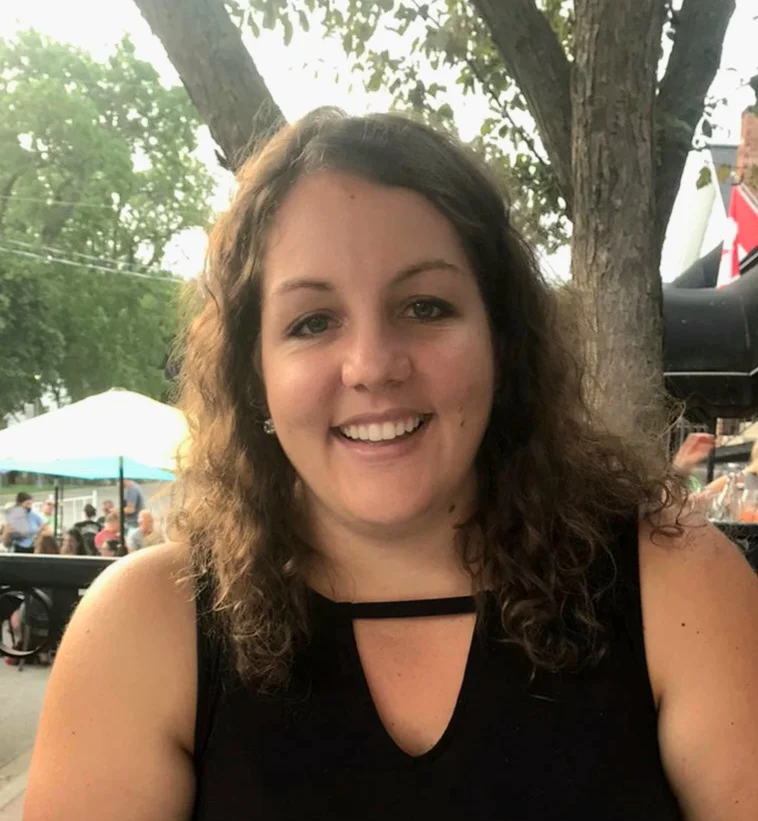
The placements I had over the duration of my time at the University of Windsor allowed me to apply theoretical knowledge to various classroom settings. I had the opportunity to work closely with experienced teachers and advisors in order to hone my skills, develop a greater understanding of classroom dynamics and build meaningful connections. The […]
Ashley Campagna
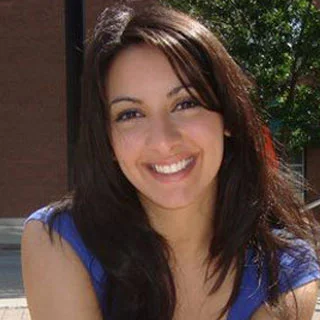
In addition to strengthening my proficiency in French and preparing me for a teaching career in French as a first language, my undergraduate studies at the University of Windsor developed my critical and analytical skills, helped me gain an appreciation for international francophone culture and literature, and fostered an openness to the world. Classes led […]
Alexandra George
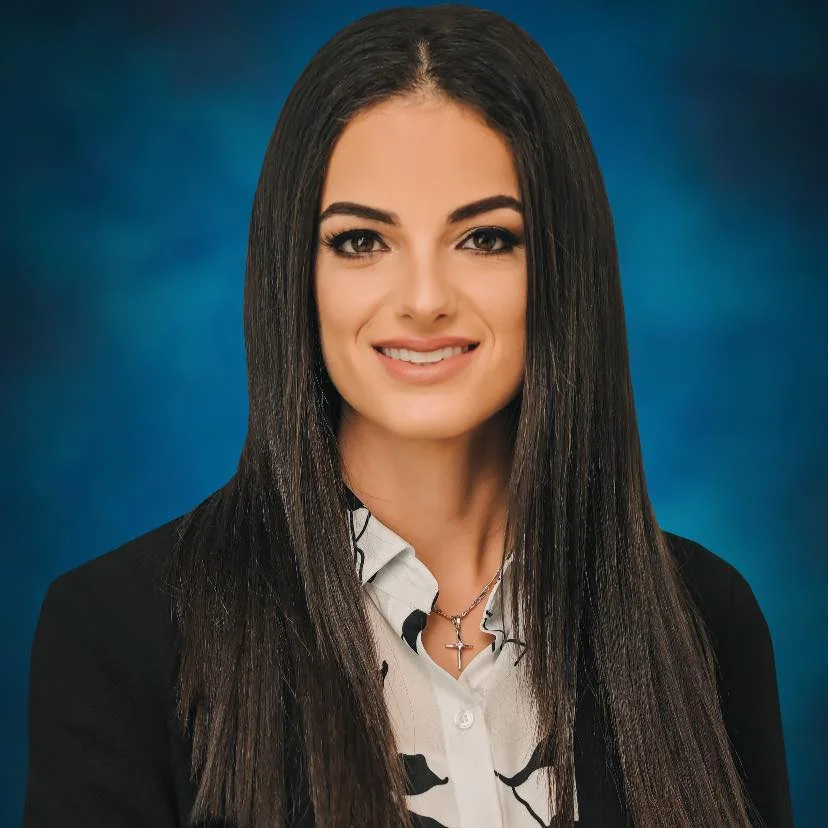
Obtaining a French degree at the University of Windsor was the best decision that I have ever made. The professors are extremely knowledgeable and are always present to help students succeed. They have taught me the skills to successfully enter and complete the French Common Law Program in Ottawa.
Luis Jimenez
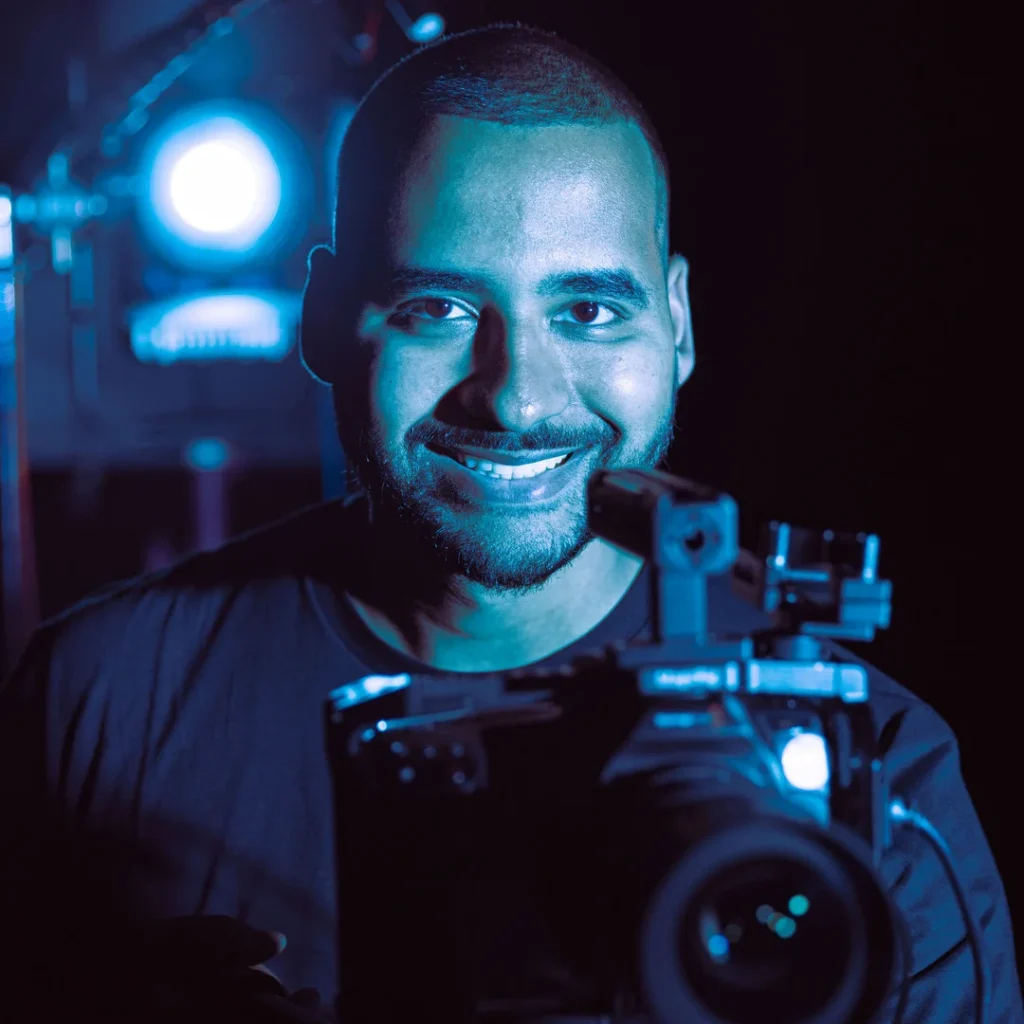
My first time working on a film set changed me forever. There’s so much energy! Creating a short film every semester really pushed me to create something original I can be proud of. I had to learn to manage my time and communicate – skills that are going to help me in my career.
Burke Koekstat

The University of Windsor offers such a refreshing environment to focus on academic topics that I am passionate about, surrounded by like-minded people with the same passion. The core courses of my program offered a concrete basis to approach more complex topics and ideas. Even outside of the classroom, the University of Windsor offers countless […]
Cristina Matteis-Stenlund

I’ve learned how to read and write about poetry, I’ve learned about the complexities of the Canadian literary marketplace and the nuances of Canadian literature…. Beyond improving my skills as a reader, writer, and academic, my experiences… have made me a more informed citizen within my local community and beyond. I’ve gained valuable new insights […]
Ainsley Ault
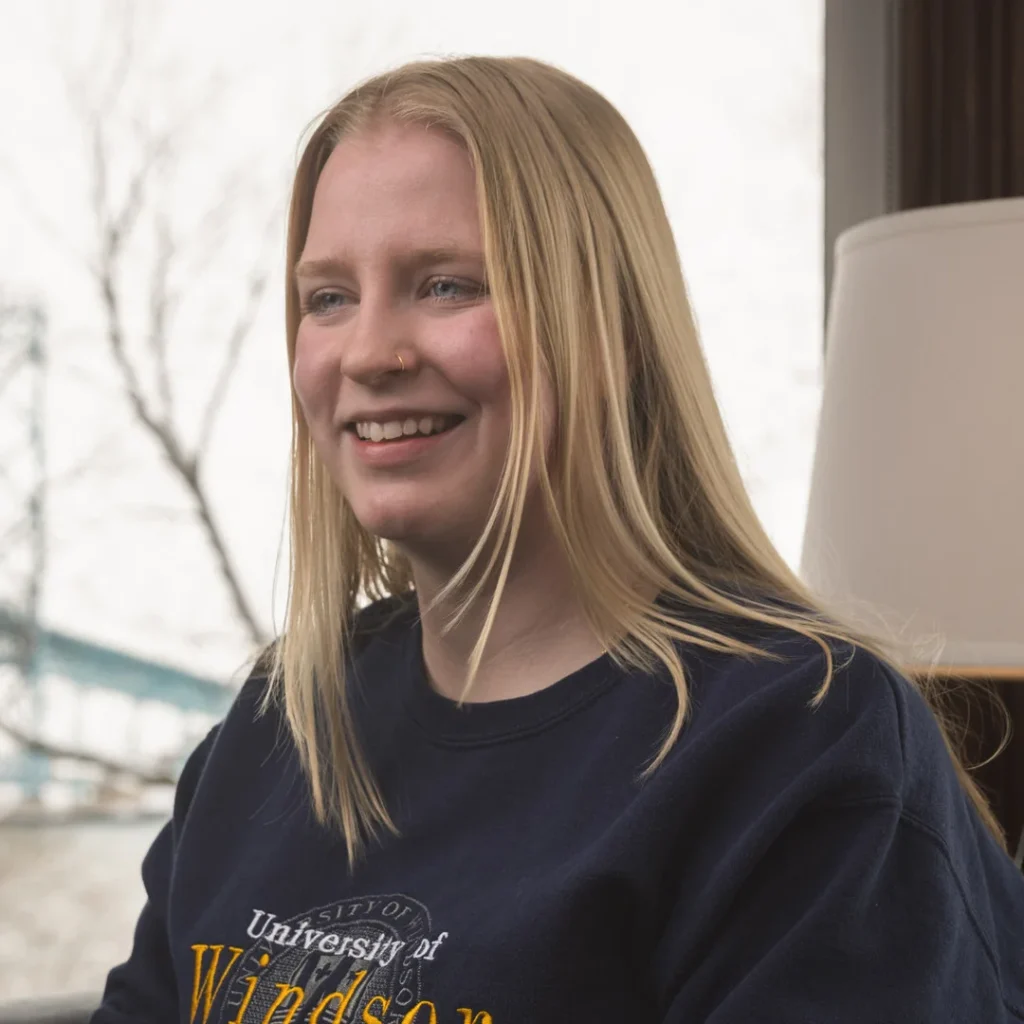
I picked UWindsor because of the first-year mentorship program where you get to spend time with fourth-year student mentors.
Elyssa Biscocho

The professors are actually practicing in their profession, so they get to share what they do in the clinic. You get to be really close with your professors.
Micaela Carlini

I was surprised at how welcoming and personable all my professors are and fascinated by how the program integrates biology and psychology because I love both disciplines.
Adrian Yonan
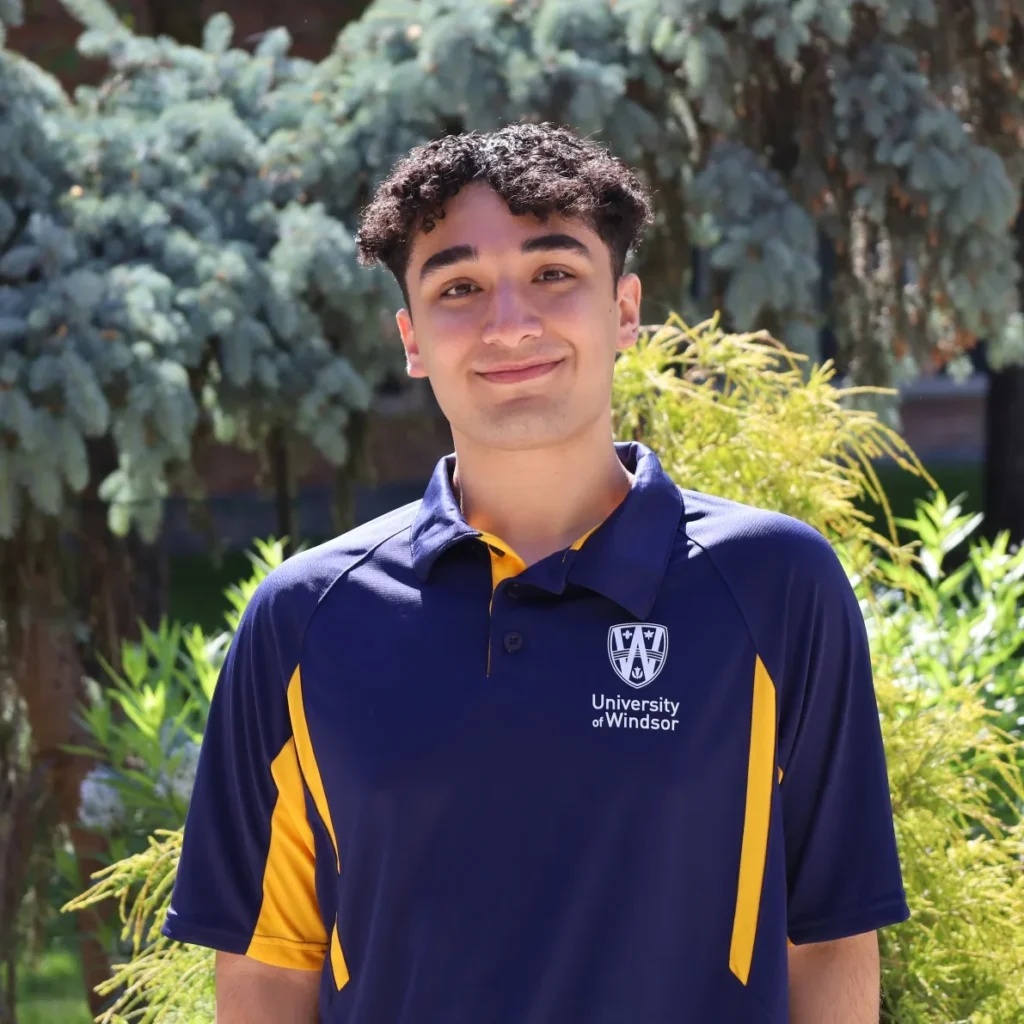
The program allows me to truly understand the world around me and how I can make an impact. The hands-on opportunities that CMF offers through creating and participating in films, undergraduate academic research, as well as connections and networking excites me about the future. The faculty and students within the program are proud to be […]
Kevin Fawehinmi

I’m proud of what I’ve accomplished post-graduation, from landing a full-time job to co-founding Afroverified, and spearheading a project that aims to raise funds to revamp a school in Lagos and support an orphanage in Malawi through four art-related events in Ontario.
Darko Milenkovic

After completing my B.A. in Communication, Media, and Film, I pursued an M.A. in Communication and Social Justice. I later moved over to the energy sector at ENWIN, where I have been for the past two and a half years and am responsible for their marketing, advertising, and public communication needs.
Sean O’Neil

Since starting at the University of Windsor, I have had so many rich and exciting experiences that have both contributed to my career and academics. My program has given me a combination of both a theoretical and practical education – with theory-based courses taking place in lecture halls and film courses happening in real film […]
Zeina Abou Haidar
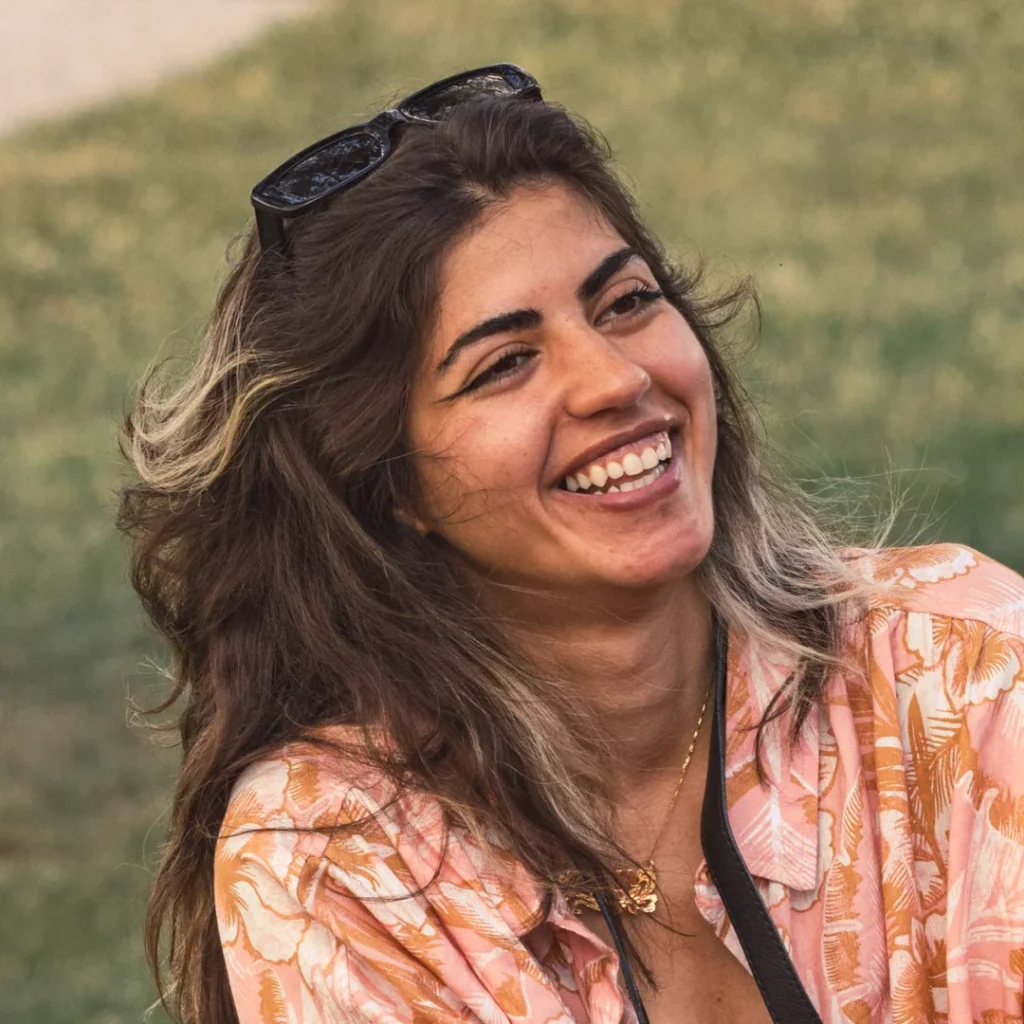
When I first started in my program, I did not really know what to expect. However, the farther I go in my journey in UWindsor, the more that I love my program and everything about it; my peers, the classes and material we learn, and the professors. Everything just seems to fall into place, and […]
Business Administration and Psychology
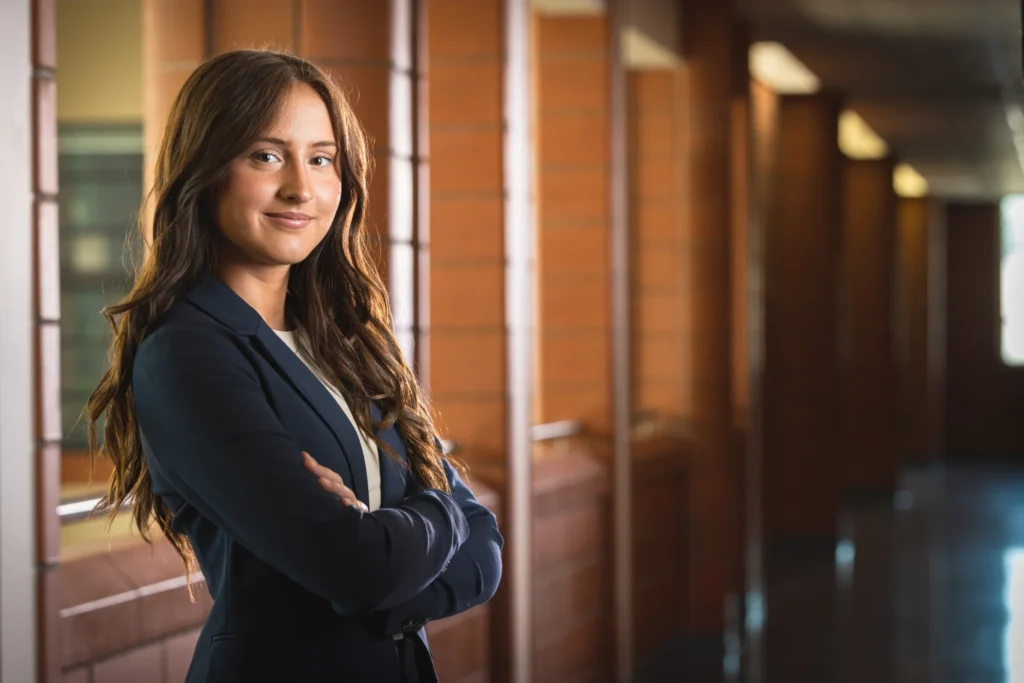
Developmental Psychology

Child Psychology

Katie Baltzer
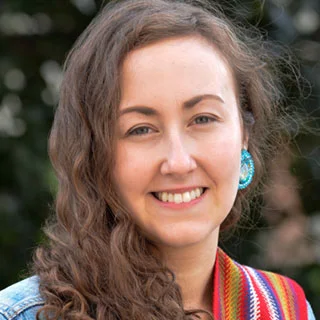
“Women’s and Gender Studies prepared me for work as a social worker because I learned how to critically analyze situations through an intersectional approach and this helps me relate better to people.”
Linden Crain
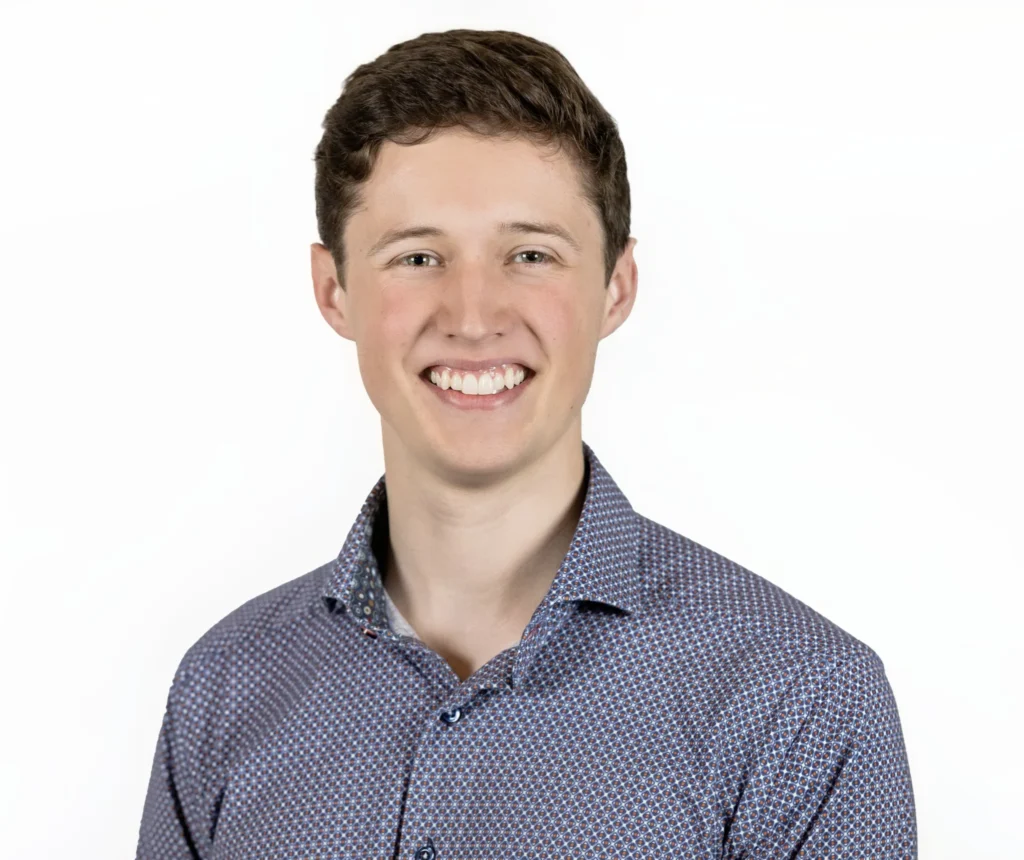
As a student in the Odette School of Business, my experience was nothing short of transformative. The course selection, combined with the supportive staff, helped prepare me for the challenges of the business world in my current role as a mortgage agent. Odette offers a strong program that focuses on practical application through real-world case […]
Leonardo Anthony Pisciuneri
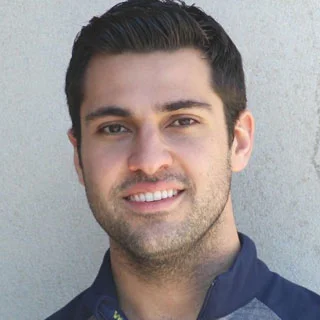
Psychology has allowed me to discover my potential through research, academic practicums and hands-on learning experiences. I have been able to get involved through student organizations, facilitate classroom discussions and work alongside professors while delivering curriculum. I am grateful for the opportunities, work involvement and influential individuals I have met along the way. I hope […]
Katie Sulatycki
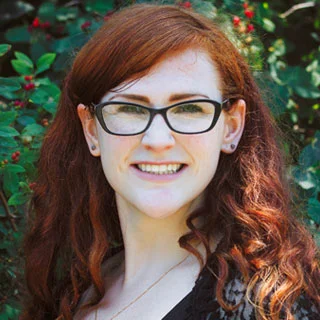
Studying philosophy provided me with the analytical and problem-solving skills that are much needed in many industries today. It also taught me to see the world in new and different ways, to think critically and creatively, and to keep a good humour about life.
Crystal Bryan

The LAPS program has provided me with an exceptionally well-rounded education. I’ve developed the leadership skills to pursue my dream of flying for a commercial airline and beyond. The transferable skills that I gained allowed me to adapt to the current demands of my position.
Sharon Hanna
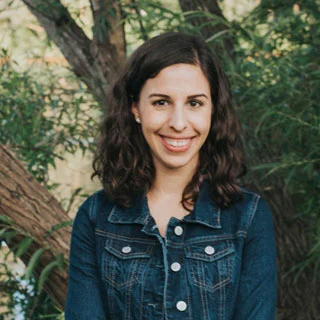
Choosing History at UWindsor was the best decision I ever made. My degree was as unique as they come—balancing History with Biological Sciences—but from day one, I was encouraged that my diverse interests were a strength. The History department gave me every opportunity to succeed, from office hours spent going line-by-line through my papers teaching […]
Shaun Collins
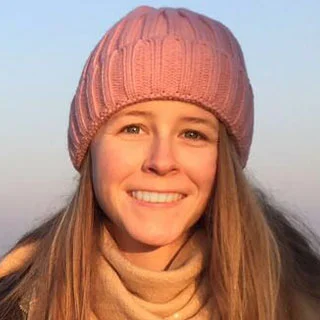
“Due to the small size of the program, the professors in my department had great relationships with the students and were always there to help when I needed it. I spent my third year living in Spain, studying at the Universidad de Valladolid, and travelling Europe – truly an amazing once-in-a-lifetime experience. While abroad, I […]
English Language and Literature

Jasmine Bell
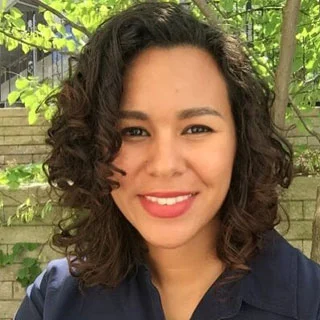
“Exploring diverse topics and perspectives through the study of literature and critical theory equipped me with a number of professional competencies that are highly sought-after in many fields. The practice of synthesizing ideas and formulating convincing arguments has served me well in non-profit communications, ghostwriting, and now student affairs.”
Sociology and Criminology

Social Work and Women’s Studies
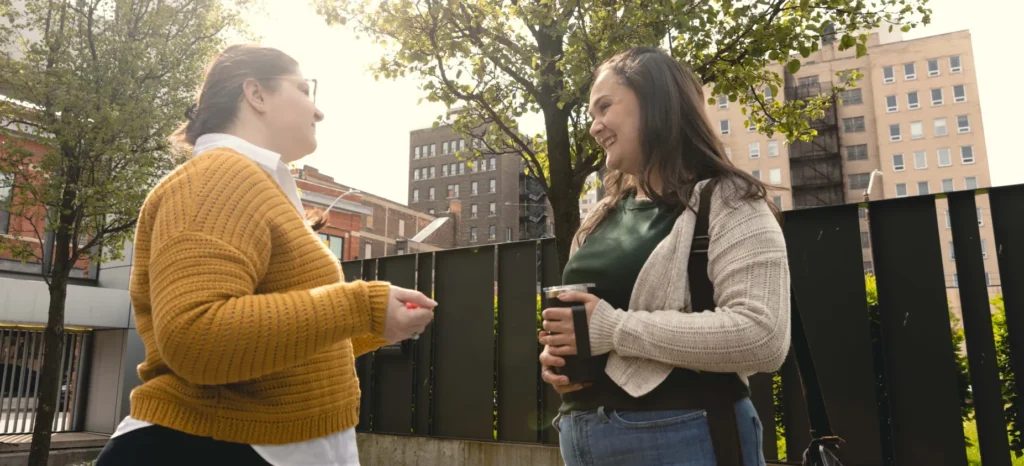
Social Work and Disability Studies

Political Science with French Specialization
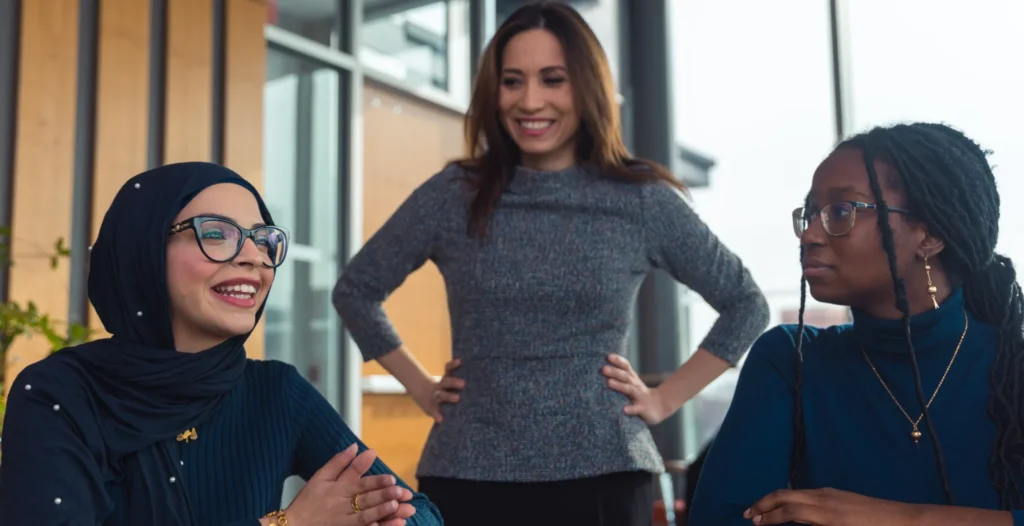
Modern Languages with Year Abroad
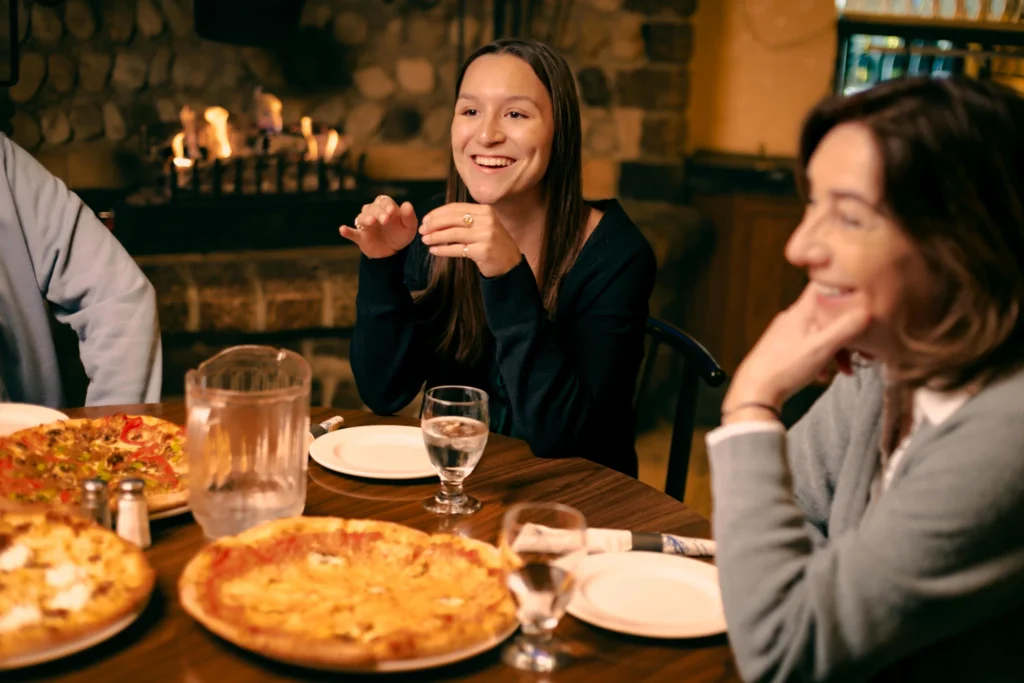
Modern Languages and Second Language Education
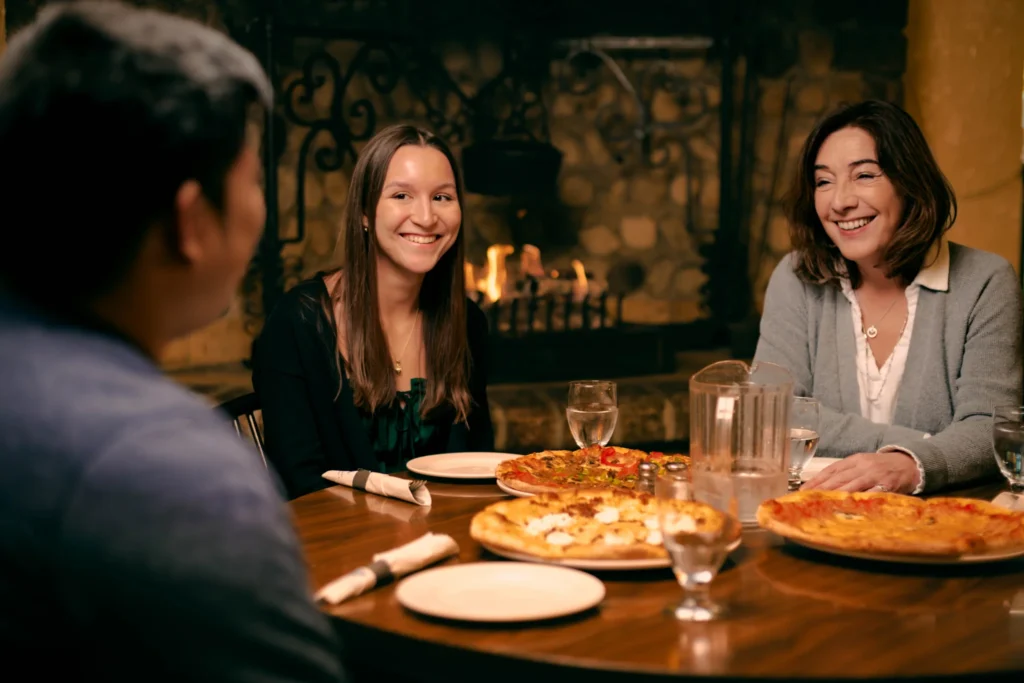
Visual Arts
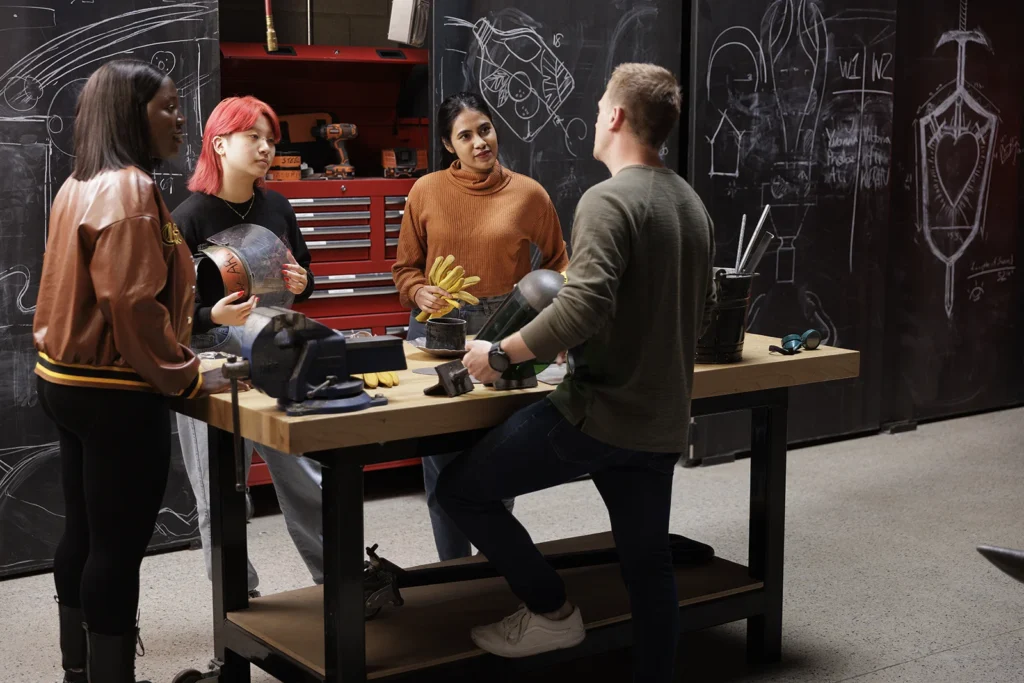
Juris Doctor / Master of Social Work
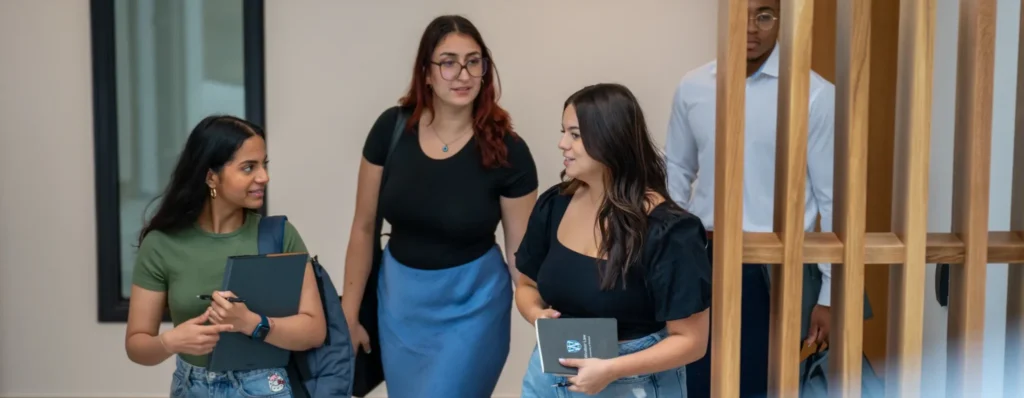
Music – Comprehensive Stream
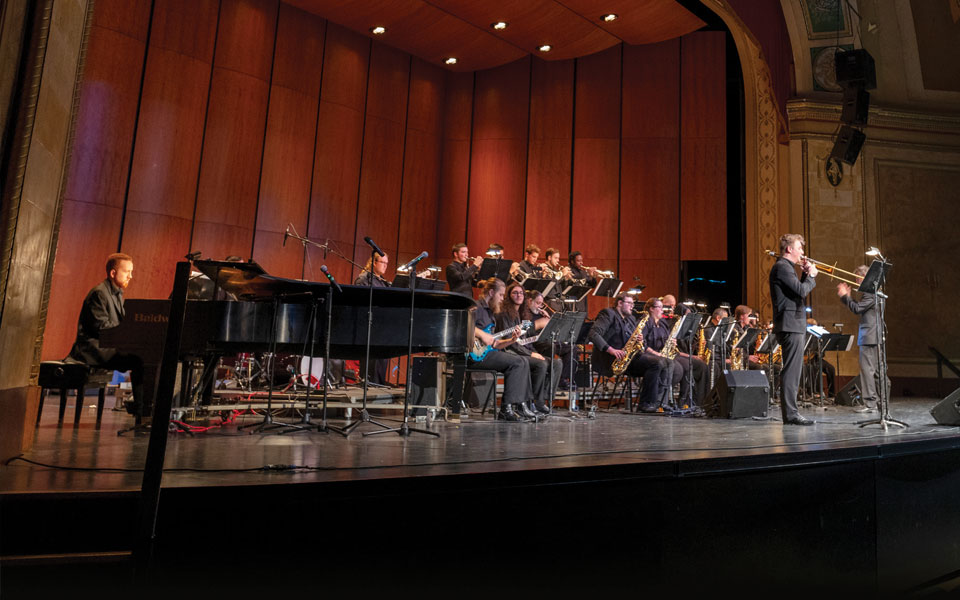
Auditions October 26th, 2024 – Audition Workshop February 1st, 2025 – Audition Workshop March 1st, 2025 – Audition April 5th, 2025 – Audition April 26th, 2025 – Audition Learn more
English and Creative Writing
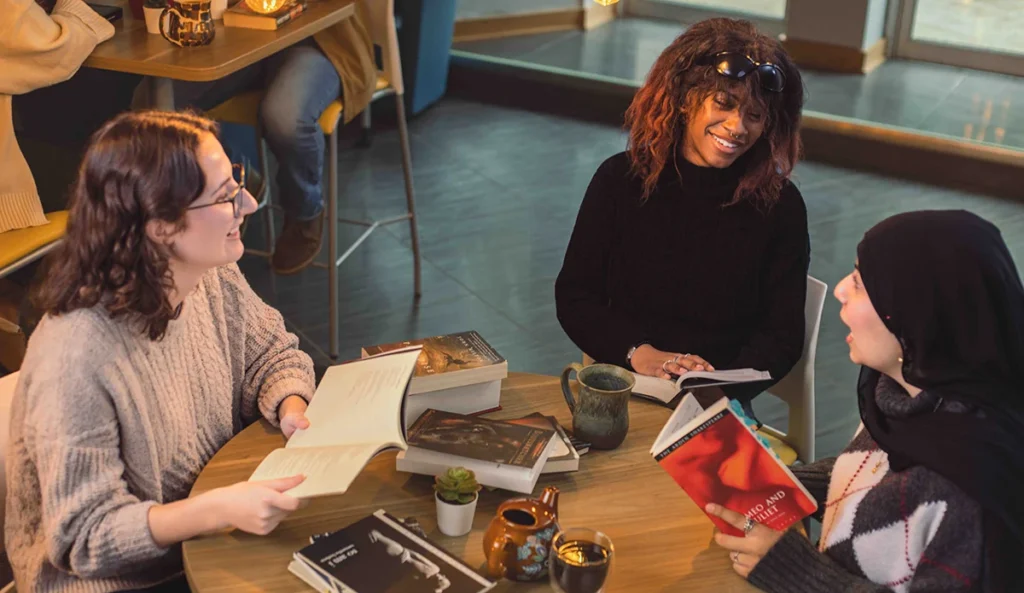
Film Production
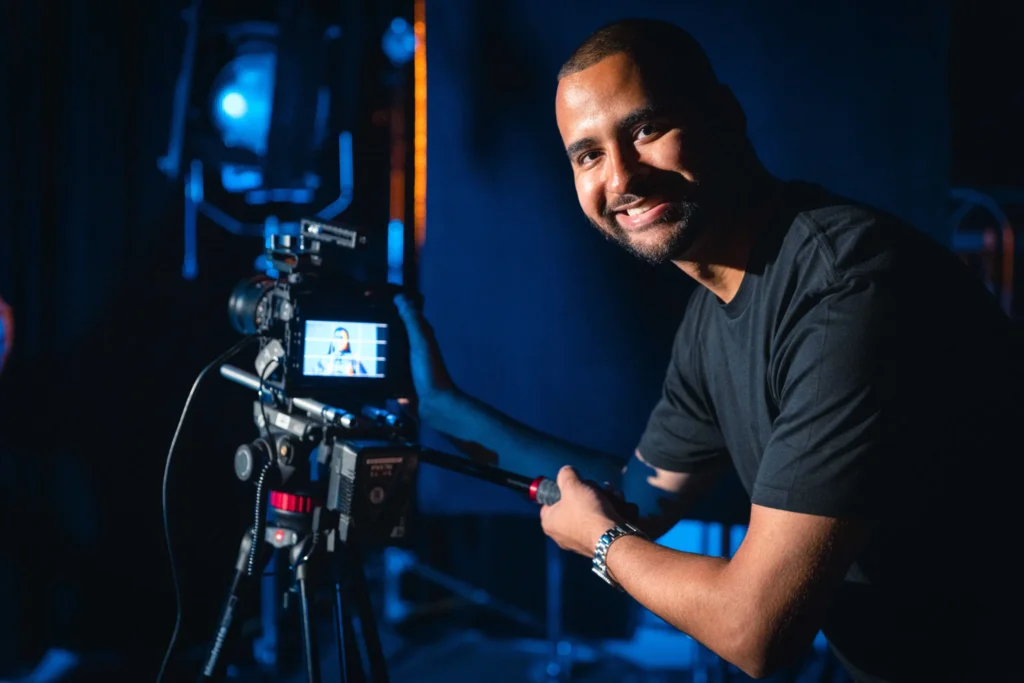
Disability Studies and Psychology

Modern Languages with Second Language Education / Concurrent Education
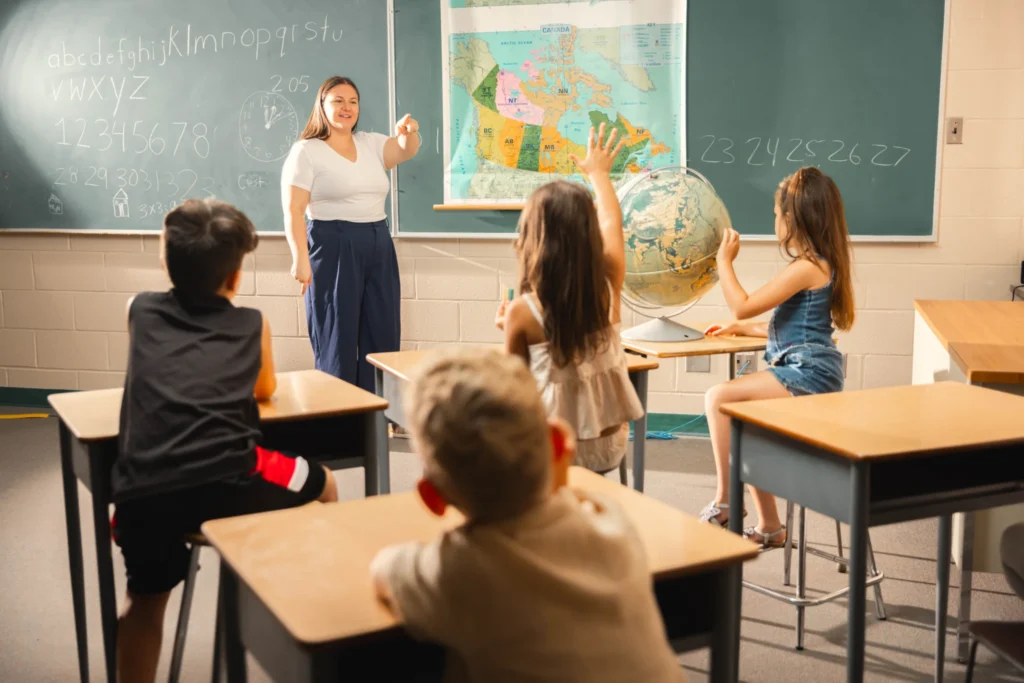
Drama in Education and Community with Concentration in Applied Theatre
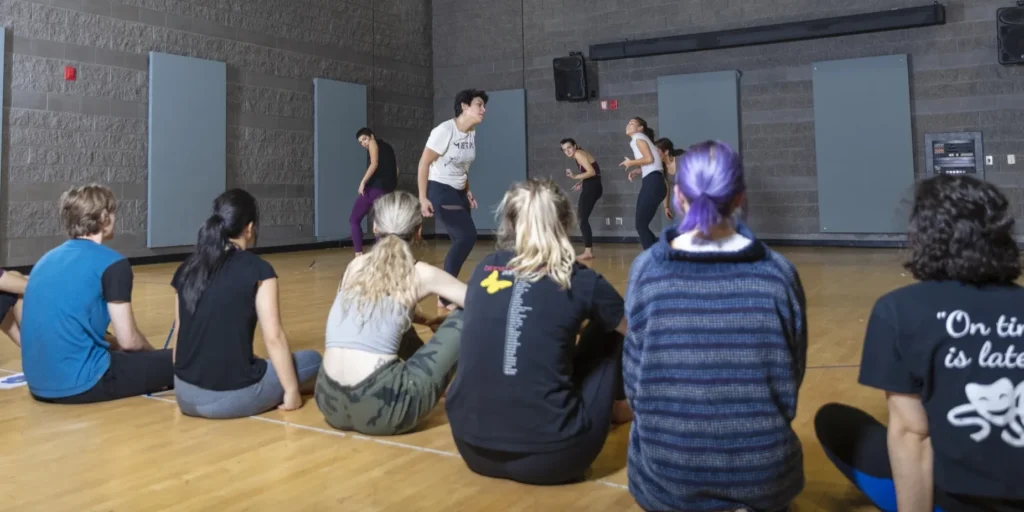
Business Administration and Women’s Gender Studies

Business Administration and Political Science
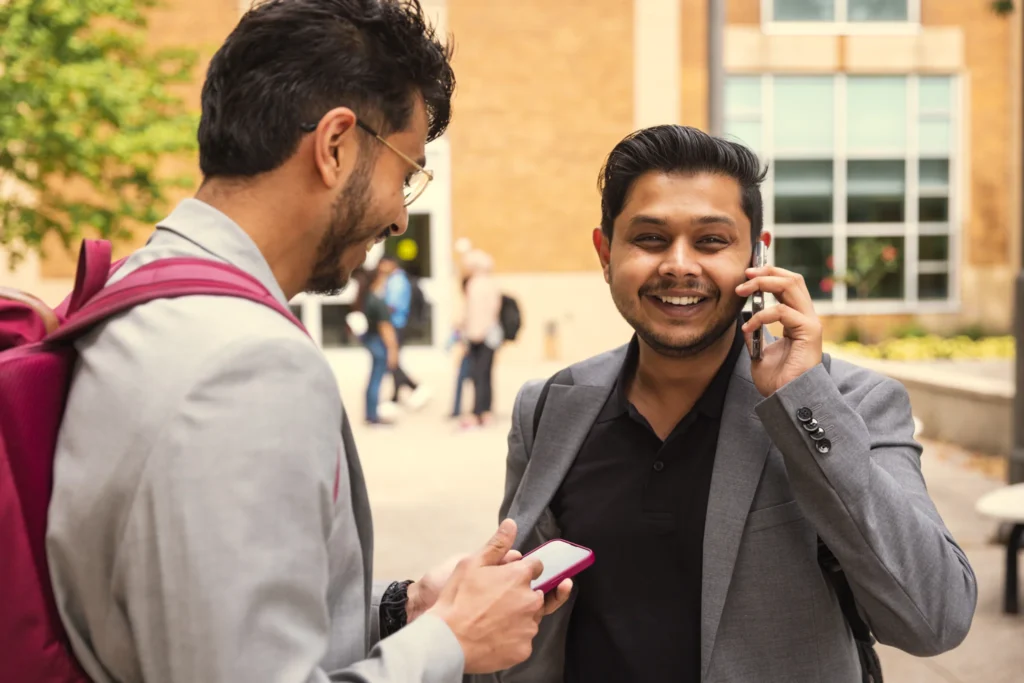
Psychology – Interdisciplinary Health Science Stream

Biological Sciences – Interdisciplinary Health Sciences
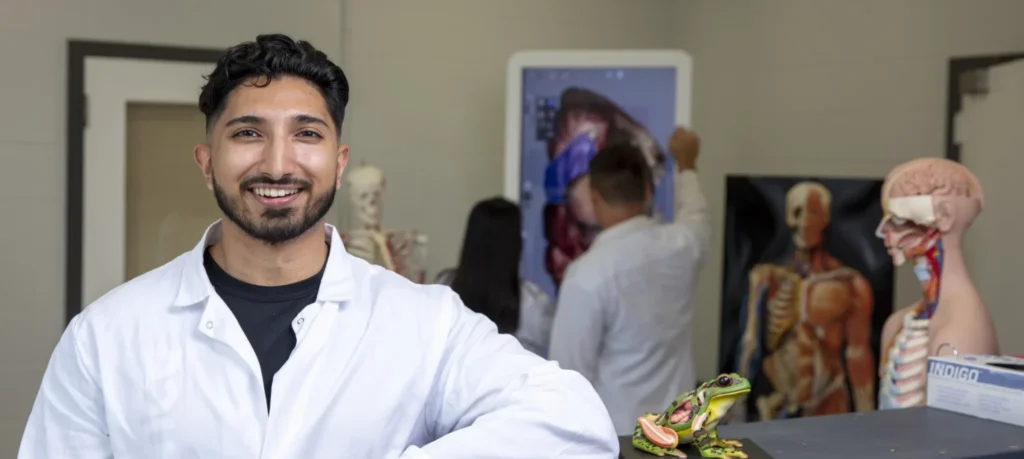
Biomedical Sciences – Interdisciplinary Health Sciences
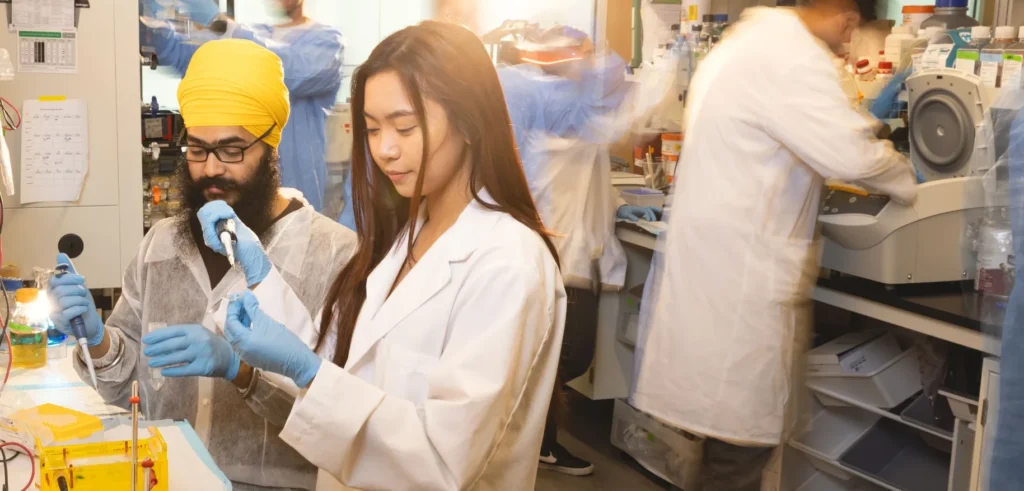
Political Science / Concurrent Education
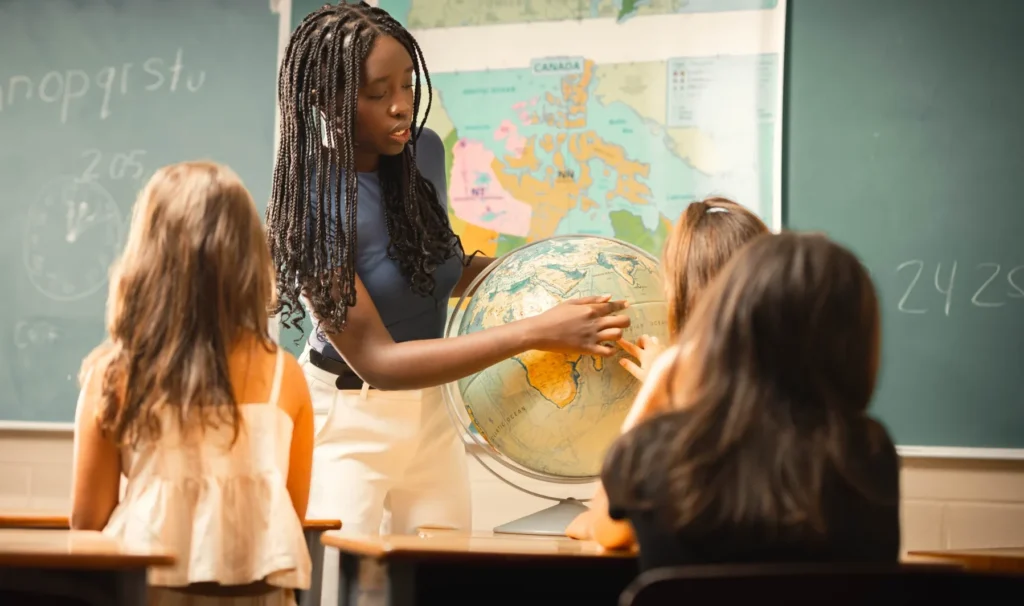
Visual Arts / Concurrent Education
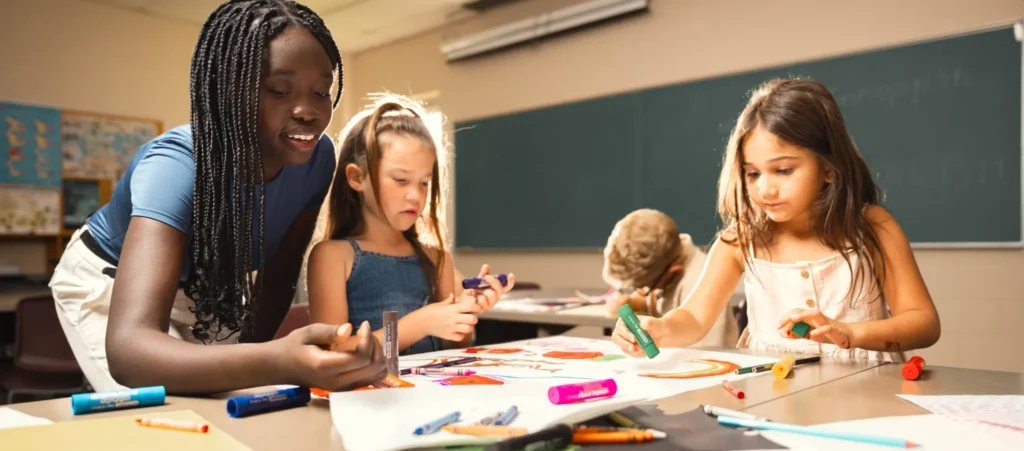
Psychology / Concurrent Education / Early Childhood Education
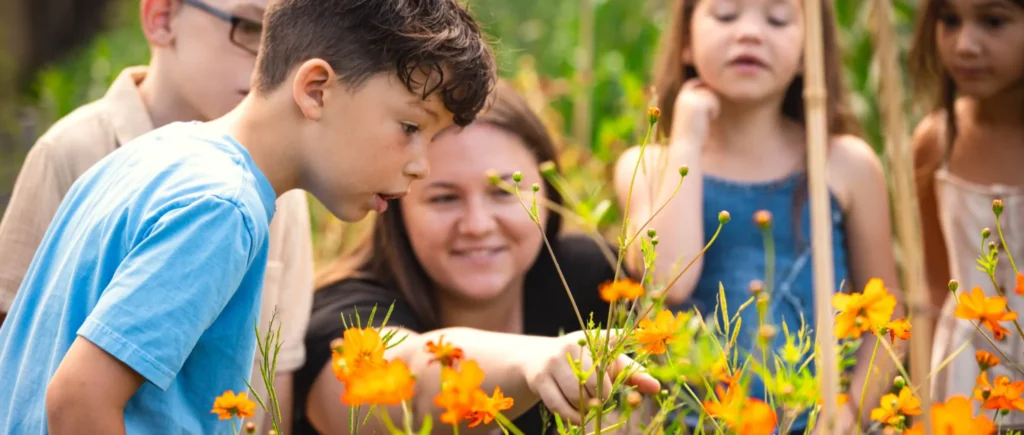
Music Education / Concurrent Education
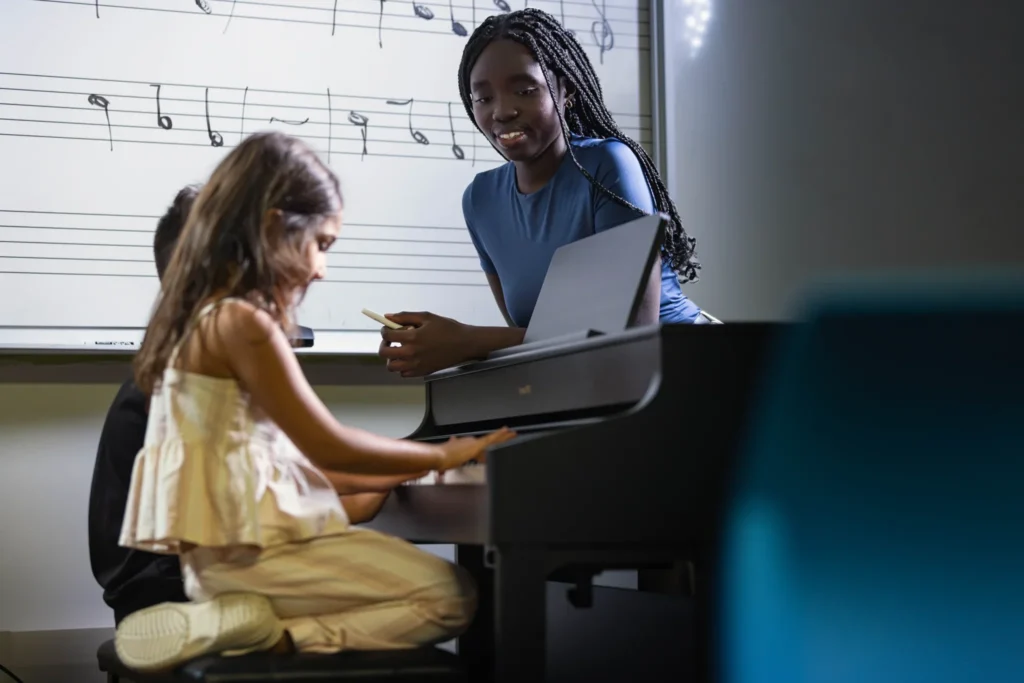
History / Concurrent Education
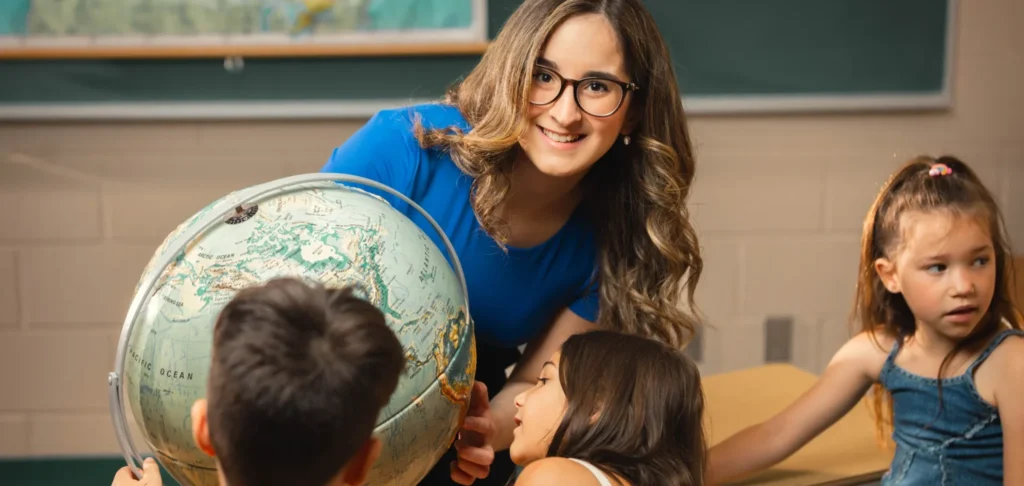
French Studies / Concurrent Education
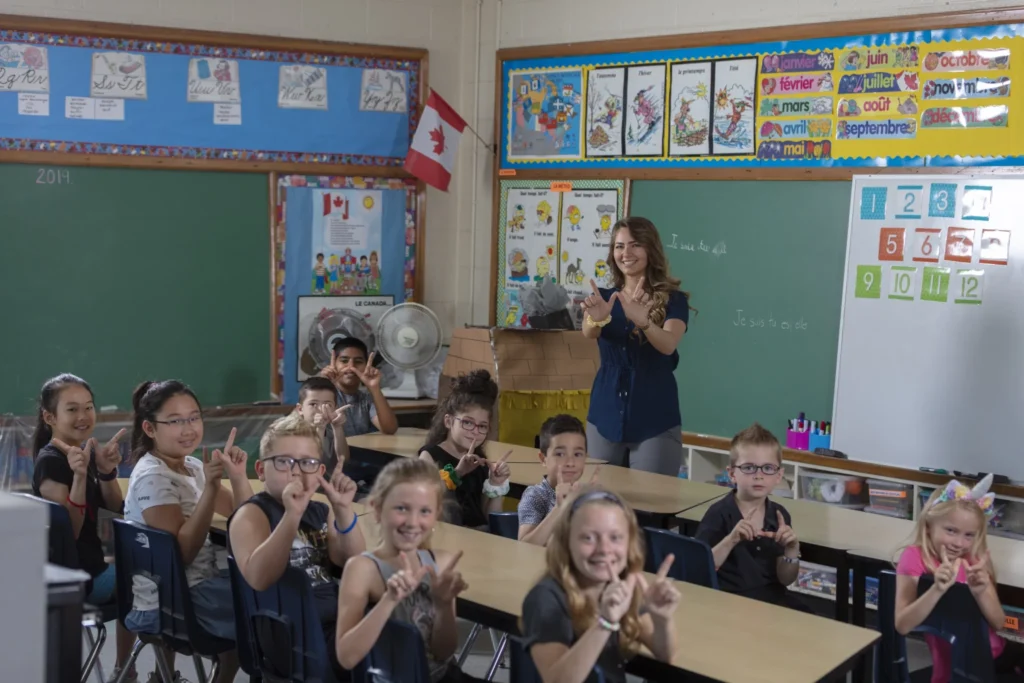
English / Concurrent Education
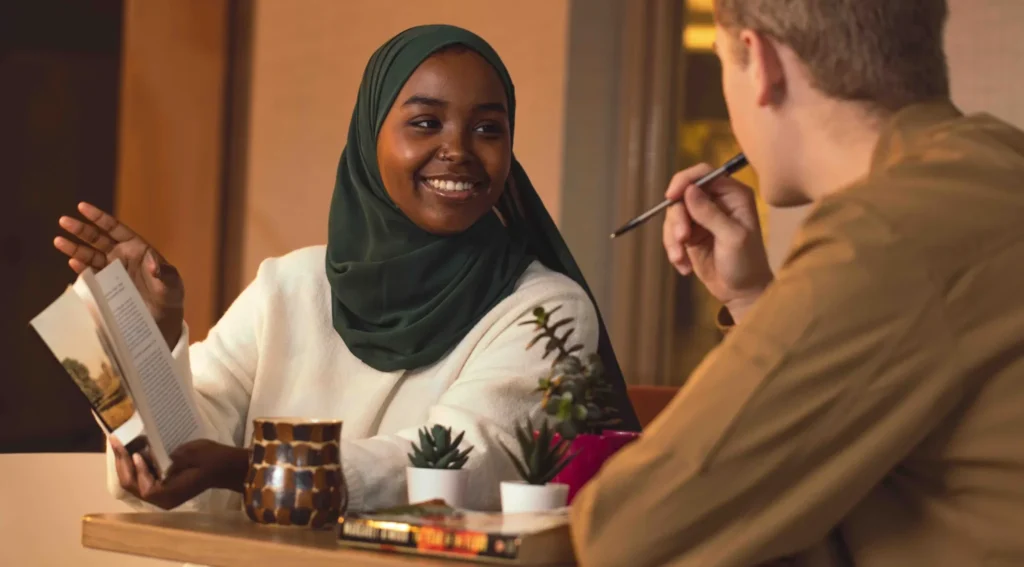
Dramatic Art / Concurrent Education
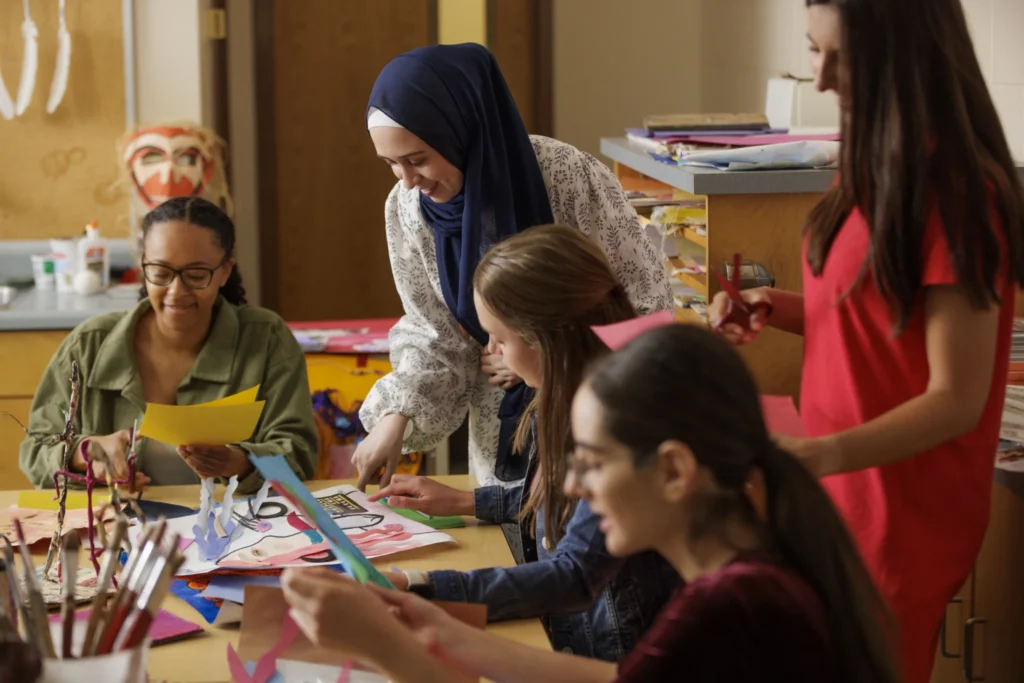
Communication, Media and Film / Concurrent Education
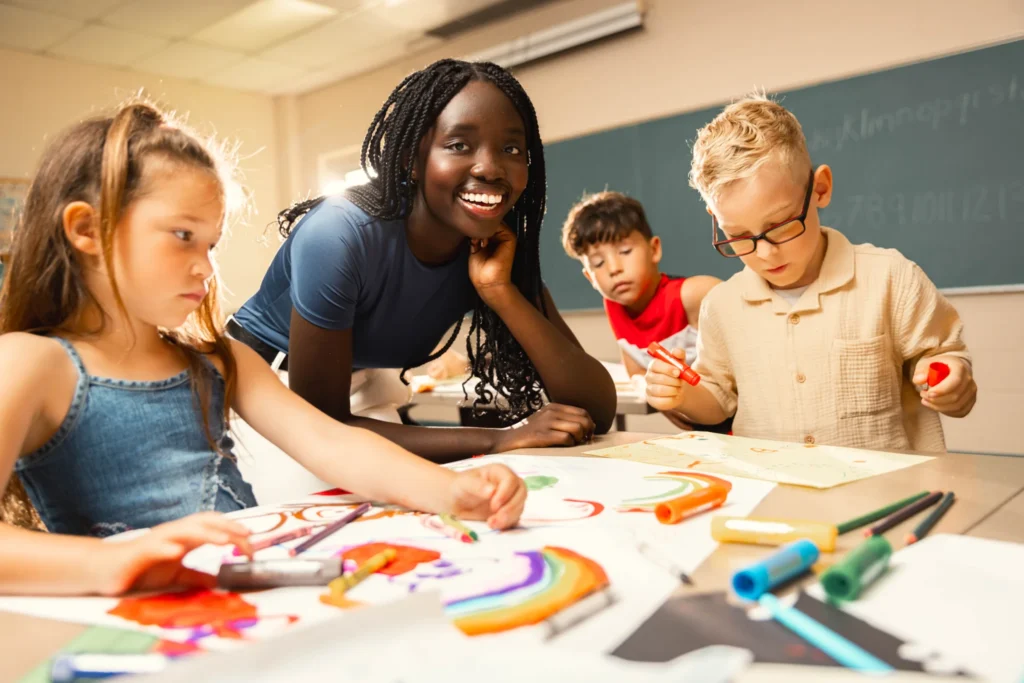
Kristen Jeavons
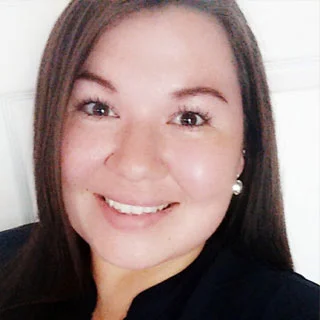
“Studying Criminology at UWindsor was fascinating and exciting because it offered many hands-on opportunities beyond the classroom. During my third year, I was President of the Criminology Association, a student run organization. It gave me such a great experience of study, teamwork, and friendship that I carry with me as a student at Windsor Law […]
Sean Sennett

In my time in the University of Windsor’s BFA Acting program I found a home, and a family. The School of Dramatic Art fosters a collaborative environment in which students are encouraged to work positively with their peers to challenge one another and guide one another to their full potential. They provide a rigours, comprehensive […]
Acting
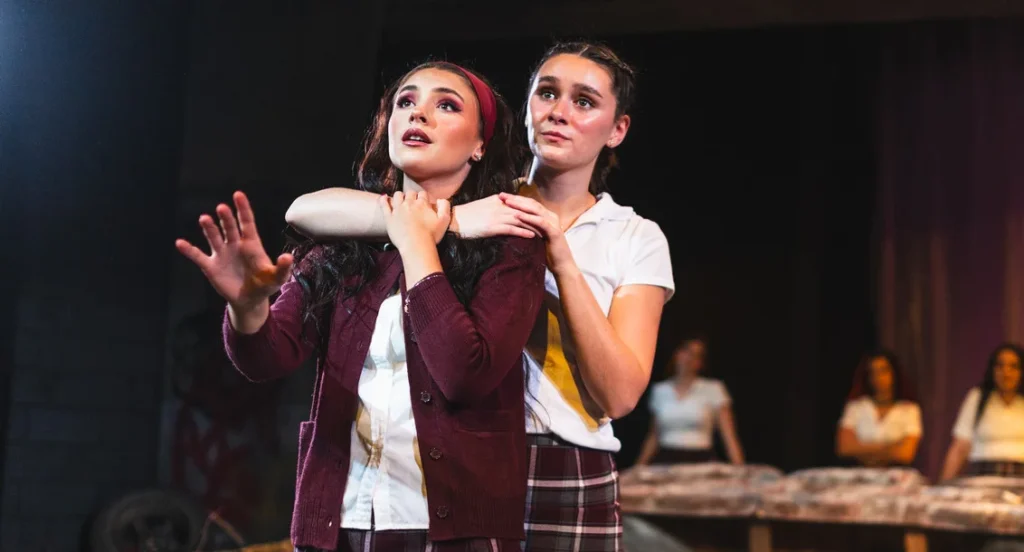
FILM 1100: Film Production I
A study of the art and craft of film production through lectures and hands-on exercises. A survey of the stages of production, key artistic roles, and concepts of visualization and cinematic storytelling. (2 lecture hours and 1 laboratory hour per week.) (Credit cannot be obtained for both FILM-1100 and CMAF-1120.)
GART 1200: Understanding the Contemporary World
This course will explore current political, cultural and social contexts. The perceived gulf between the “ivory tower” and the “real world” will be bridged each week as we analyze major current issues with attention to popular culture. (Restricted to year 1 FAHSS majors.) (3 lecture/1 tutorial hours a week.) (6.0 credit course.)
GREK 1100: Introduction to Ancient Greek I
Designed to equip the beginner with the basic skills needed for reading ancient Greek literature, including the New Testament.
GRST 1100: Introduction to Greek Civilization
An introduction to the cultural values and achievements of the ancient Greeks. Topics will include geography, history, mythology and religion, language and literature, art and daily life. (Recommended for prospective Greek and Roman Studies majors.)
GRST 2000: Topics in Classical Culture
A thematic examination of a single social historical topic in Greco-Roman antiquity. Topics may vary from year to year. (May be repeated for credit if content changes.)
HIST 1030: Past to Present: Understanding History
This course is specifically designed for first semester history majors, to introduce them to the history department, different kinds of historical inquiry, and the basics of historical research. Further, it is designed to create a cohort of the new history majors, both through participating in this class together and by working in small groups.
HIST 1130: Europe Encounters the World: Facing Islam, 8th-15th Century
This course looks at the different forms of contact between Europeans and the rest of the world during the Middle Ages, focusing on conflict and coexistence with Islam. It will consider exchanges between civilizations, whether of an economic, cultural, artistic or spiritual nature. Topics include Muslim Spain, the Crusades, the Ottoman Empire and Venice.
HIST 1230: The World in the Twentieth Century, 1914-1945
An overview of the major events and movements during the first half of the ‘short’ twentieth century. The course will broadly explore the world-wide impact of the world wars, communism, fascism, colonialism, the Great Depression, etc. The geographical focus of the material will vary with the instructor. (3 lecture hours or 2 lecture hours, 1 […]
HIST 3030: Schools of Historical Thought
This course is specifically designed to introduce third year history students to a case study in historiography. Each time it is taught, the instructor’s specialization will be the theme, and he or she will outline the various historiographical approaches to that theme.
ITLN 1020: Intensive Italian for Beginners
This intensive language-training course combined the content of two courses into a single term. Students will obtain credit for two courses. Note: 6 hours of class time per week. (Only for students with no prior knowledge of Italian.)
ITLN 2600: Italian Culture and Civilization I
The cultural traditions of Italy from early times to the end of the Middle Ages. (Taught in English.) (Italian majors will be expected to do assigned work in Italian.)
ITLN 2610: Italian Culture and Civilization II
The cultural traditions of Italy from the Renaissance to modern times. (Taught in English.) (Italian majors will be expected to do assigned work in Italian.)
HIST 1240: The World in the Twentieth Century, 1945-Present
An overview of the major events and movements during the second half of the ‘short’ twentieth century. The course will broadly explore the world-wide impact of the Cold War, communism, decolonization, globalization, terrorism, etc. The geographical focus of the material will vary with the instructor. (3 lecture hours or 2 lecture hours, 1 tutorial hour […]
LING 2200: Language and Society
An introduction to the scientific study of language, specifically focused on the variation of meaning across contexts, social groups, regional areas, and historical periods. (Required of all Modern Languages majors and can be taken in the first year of study. Recommended for students interested in Speech Pathology. Should preferably be taken before LING-2210.)
MUSC 2220: Basic Skills I
Intensive drills in ear training, sight singing, dictation, and basic keyboard. (Admission by examination or consent of the instructor.) (Should be taken concurrently with MUSC-1120.) (1.50 credit hour course.)
MUSC 2850: Foundations of Music Learning and Teaching
An introduction to the philosophical, sociological, and historical foundations of teaching music. The nature and value of music education will be examined through discourse and reflective thought, with an emphasis on developing critical thinking skills and building a framework for a personal philosophy of music education. (Prerequisite: enrolment in the B.Mus., B.A. (Music) degrees, or […]
POLS 2300: Space, Place, and Scale: Foundations of Human Geography
An introduction to foundational concepts and approaches in the study of human geography, emphasizing the way social, political, economic, and environmental systems shape and are shaped by patterns of geographic and spatial organization.
PHIL 1120: Philosophy and Human Nature
What is human nature? How do we think of ourselves as human beings? The focus of the course will be theories of human nature that have been put forward in Western philosophy. Some non-Western Philosophical sources may be used.
PHIL 1290: Contemporary Moral Issues
A critical examination of philosophical arguments about controversial moral issues. Readings will be chosen by the instructor on issues connected with one or several areas such as: biomedical ethics, euthanasia, suicide, environmental ethics, the treatment of animals, war and violence, pornography, censorship. Some non-Western Philosophical sources may be used.
PHIL 1300: Philosophy and Popular Culture
A philosophical inquiry into one or more of the more important contemporary cultural forms and phenomena. Topics may vary and may include popular music, television, virtual reality, sexual roles and stereotypes, or other topics.
PHIL 1600: Reasoning Skills
An explanation of, and practice in, the basic knowledge, skills and attitudes which are essential components of reasoning well. Topics include: the role of language; evaluating sources (including from the internet); analyzing, evaluating and diagramming arguments; inference strength; writing an extended piece of reasoning. (1.5 lecture, 1.5 lab hour per week)
POLS 1300: Comparative Politics in a Changing World
Introduces students to issues such as democracy, authoritarianism, nationalism, political culture, and how political power is organized. The course focuses on the democratic states of the West, but also examines non-democratic states such as China and the transitional democracies of Eastern Europe. (3 lecture hours or 2 lecture hours, 1 tutorial hour a week.)
POLS 1600: Introduction to International Relations
An examination of competing perspectives on international relations and of such critical themes as power, security, war, imperialism, nationalism, interdependence, development and underdevelopment, human rights, environmental concerns, and the quest for a new world order. (3 lecture hours or 2 lecture hours, 1 tutorial hour a week.)
POLS 1000: Introduction to Canadian Government and Politics
An introduction to the politics and government of Canada. The course will focus on political culture, the constitution, federalism, the executive, parliament, public service, courts, political parties, interest groups, and elections. (3 lecture hours or 2 lecture hours, 1 tutorial hour a week.)
VSAR 1060: Introduction to the Elements of Art and Principles of Design
An introduction to the fundamental skills and critical concepts of visual perception and production common to 2D, 3D, and Time-based creation. Basic principles of composition, design, light and colour theory will be explored within the interdisciplinary context. Studio assignments are combined with related critical theory, historical practice and current strategies. (Lab Fees may apply.)
SPAN 2610: Culture and Civilization of Spanish America
Readings and discussion, in English, of topics from the history and culture of Spanish America.
SWRK 1170: Meeting Human Needs through Social Welfare
This course examines the historical, philosophical and political aspects of the development and delivery of the Canadian Social Welfare System. Special attention will be focussed on ways to identify and assess the needs of, and services to, vulnerable populations within the context of social and cultural diversity.
SWRK 1180: Meeting Human Needs through Social Work
This course examines the ways in which social workers in generalist practice intervene to meet the needs of clients within the Canadian social welfare system. Attention will be paid to the development of an understanding of generalist social work practice within an ecological and systems perspective. This course provides an introduction to social work processes. […]
VABE 1190: Introduction to Architecture I (ARCH-1190)
An Introduction to Architecture is offered to first year VABE students to create awareness of the profession of architecture. The course looks at the history of the profession; how architecture is practiced; how the profession is changing; current issues with the architectural profession; and ethical concerns facing a practitioner today. The course gives students a […]
PSYC 1150: Introduction to Psychology as a Behavioural Science
Introduction to selected areas in psychology including learning, perception, physiological psychology, emotion, and motivation.
PSYC 1160: Introduction to Psychology as a Social Science
Introduction to selected areas in psychology including developmental, social, personality, and clinical.
SACR 1100: Foundations of Social Life
This course will introduce students to the key concepts, theories, and methods appropriate to Sociology, and Criminology. Focus will be on application of issues important to studying social life using multiple perspectives while exercising the sociological imagination. Topics may include discussion of culture, gender, social stratification, race and ethnicity, family, and crime and deviance.
SPAN 1020: Intensive Spanish for Beginners
This intensive language-training course combines the content of two courses into a single term. Students will obtain credit for two courses. Note: 6 hours of class time per week. (Only for students with no prior knowledge of Spanish.) (Antirequisites: SPAN-1010.)
SPAN 2600: Culture and Civilization of Spain
Readings and discussion, in English, of topics from the history and culture of Spain.
VABE 1100: Architectural Design I
An introduction to the fundamental skills and critical concepts of visual perception and production common to all areas of 2-dimensional image-making. Basic principles of composition and design, light and pigment-based colour theory, as these apply to painting, photo-based processes, and print production. Their use and application will be explored within the contemporary art context. Class […]
WGST 1300: Imagining Women
This course examines a broad cross-section of historical and contemporary representations of western women in popular culture, and visual media – photographs, film and video, the fine arts, and advertising. The student will be introduced to feminist and gender-related theories of representation. (Can be taken for either Social Science or Arts credit.)
WORK 1000: Labour and Social Movements in Canadian Society
An interdisciplinary introduction to the study of labour and social movements, focussing on their efforts to address the needs of workers, women, gays and lesbians, social and ethnic minorities, students, and the poor.
VSAR 1070: Introduction to Drawing and Painting
An investigation of a variety of drawing and painting processes, materials and concepts in a studio environment that fosters exploration. (Lab fees may apply.)
WGST 1000: Women in Canadian Society
This course illustrates and account for the position of women in Canadian society. We explore how gender identities are informed by the process of social construction which privileges some women while disadvantaging others.
WGST 1200: Gal Pals: Women and Friendship
This course examines a diverse range of women’s friendships. Through discussion, reading, and films we will explore topics such as the meaning of friendship for women, how women’s friendships have been portrayed in literature and film, the link between friendship and social activism for women, and the political meanings of women’s friendship in cultures resistant […]
WORK 1500: Working for a Living
This course uses the students’ own experiences of work to examine the economic, social, and psychological significance of paid and unpaid work in Canadian society, the tasks and values assigned to various kinds of work, and the relationship between work and living standards.
DRAM 2250: Introductory Acting I
A practical study of the fundamentals of acting experienced through acting exercises. (Not open to BFA Acting students.)
ENGL 1002: Writing about Literature
An introduction to analyzing and writing about literary texts, focusing on: the major genres (poetry, drama, and narrative prose), the use of literary terms, and frequent writing assignments in practical criticism. (Not available on an Audit basis.) (Restricted to majors in English and IAS only.)
ENGL 1003: Early British Literature
A survey of representative texts to 1750: the Medieval, Renaissance, seventeenth-century and eighteenth-century periods. (Restricted to majors in English and IAS only.) Credit cannot be obtained for both ENGL-1003 and ENGL-2109).
FILM 1900: Film Business and Professional Practice I
A study and practice of behavioural skills such as active listening, conflict resolution, running effective meetings, addressing ethics, etc., relevant to the film industry. A team environment will be used as we study interpersonal dynamics as they relate to roles in film production. (Open only to BFA Film Production majors.) (3 lecture hours a week.)
FREN 1210: French Language Training I
A study of norms and functions of the French verb system, nouns, pronouns, and modifiers. Oral practice, pronunciation and composition. (Prerequisite: Grade 12“U” French or Français, or equivalent.) (Antirequisite: any previous 2000-level French language training courses.)
FREN 1410: Introduction to Literary Studies
An introduction to the analysis of literary genres: poetry, drama and prose fiction. (Prerequisite: Grade 12“U” French or Français, or equivalent.) (Note: FREN-1410 is a prerequisite course for all literature courses in French Studies.)
DRAM 1280: Improvisation and Introduction to Acting for the Theatre I
An introduction to the study and practice of acting with an emphasis on the basic elements of improvisation. (Co-requisites: DRAM-1200, DRAM-1260.) (Restricted to BFA Acting students only.) (Laboratory hours by arrangement.)
DRAM 1300: Theatre History I
Critical approaches to the main elements of Greek and Roman theatre, medieval western and Asian theatre, Italian, Spanish, and English Renaissance Theatre. (Open to non-Dramatic Art majors.)
DRAM 1600: Introduction to Drama in Education and Community I
An introduction to the principles, theories and applications of Drama in Education and Community with an emphasis on creativity, storytelling, and the developmental aspects of play. (Restricted to Drama in Education and Community Concurrent Drama/BEd Majors, or consent of instructor.)
DRAM 1000: Introduction to Theatre and Performance Studies I
Introduction to the Process of Theatre and Performance Studies. Several of the following topics will be covered: play and performance analysis; genre and style; alternative articulations of performance; theories and process of production design; a survey of technical practices; and communication and collaboration. Introduction to Theatre and Performance Studies is a two-part sequence, required for […]
DRAM 1170: Drawing for Theatrical Design
Introductory course in the theory and practice of drawing for the theatre with practical, historical and aesthetic aspects. This is a skills development course that involves the exploration of a variety of concepts, techniques and media used for visual expression. Emphasis is placed on observation, spacial relationships and effective visual communication in a two-dimensional format. […]
DRAM 1200: Voice for the Actor I
An introduction to the study and practice of voice and speech for the theatre. (Co-requisites: DRAM-1260, DRAM-1280.) (Restricted to BFA Acting students only.) (Laboratory hours by arrangement.)
DRAM 1260: Movement for the Actor I
An introduction to the study and practice of movement for the actor. (Co-requisites: DRAM-1200, DRAM- 1280.) (Restricted to BFA Acting students only.) (Laboratory hours by arrangement.)
ARSC 1000: Introduction to Interdisciplinary Arts and Science
This course examines how various academic disciplines contribute to integrative understanding. The course examines the history of interdisciplinary studies and different models of integration. Students will develop skills in interdisciplinary research and problem solving, in oral and written communication, and in the synthesis of diverse perspectives. (Open only to students in the IAS program).
CMAF 1010: Introduction to Media and Society
An overview of major themes, concepts and issues that inform the field of Canadian communication/ media studies. Topics may include: the political, economic, historical, and cultural contexts of communication; new media; policy issues and concerns; representation; the role of media in the social construction of reality and the broad interaction between media and society. (3 […]
DISB 1000: Social Justice in Action (SJST 1000)
Students investigate the local and global origins of a contemporary social problem through the eyes of social justice activists. Students will assess the strengths and limitations of strategies and theoretical frameworks for social change and use this knowledge to create social action messages that raise public awareness, influence government or corporate policy, or positively change […]
Disability Studies

CAVL 1970: Practicum in Professional Development, Pilot Training
Supervised practicum in professional development in pilot training. Introduction to leadership training, and aviation theory and practice. Includes a three day leadership training session held just prior to the Fall term. Completion of year one of pilot training plus submission of satisfactory portfolio entries to the supervising instructor required. (Marked on a pass/fail basis. Two […]
ANZO 1600: Animals and Humans in Society
This course will explore and consider the different types of relationships between animals and humans in contemporary society from a variety of physical, social, and psychological perspectives. Topics may include companion animals, animal rights and welfare, animals and food and entertainment, human- animal violence, and animal-assisted therapy. (Can be taken for either Social Science or […]
Women’s and Gender Studies
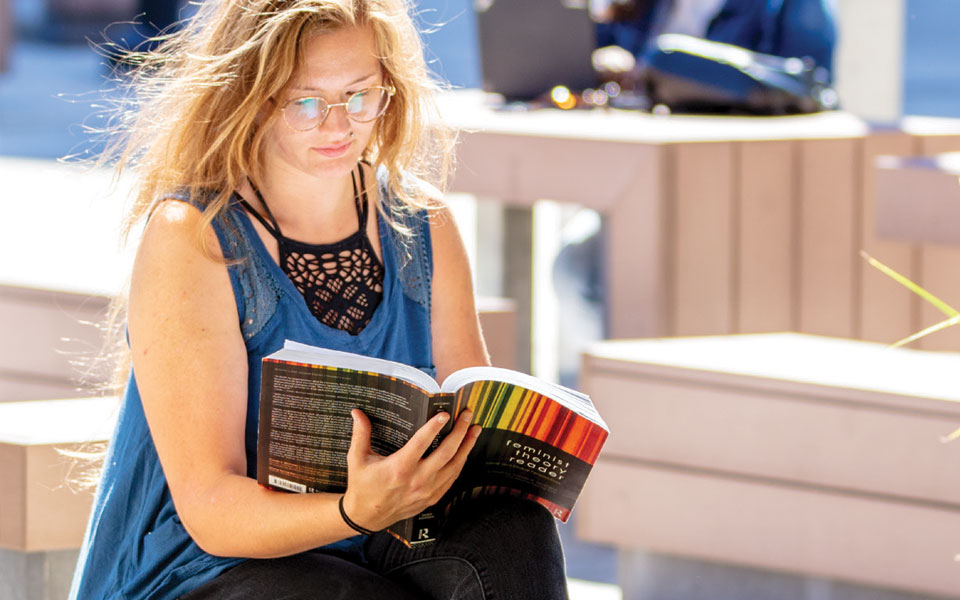
Visual Arts & the Built Environment
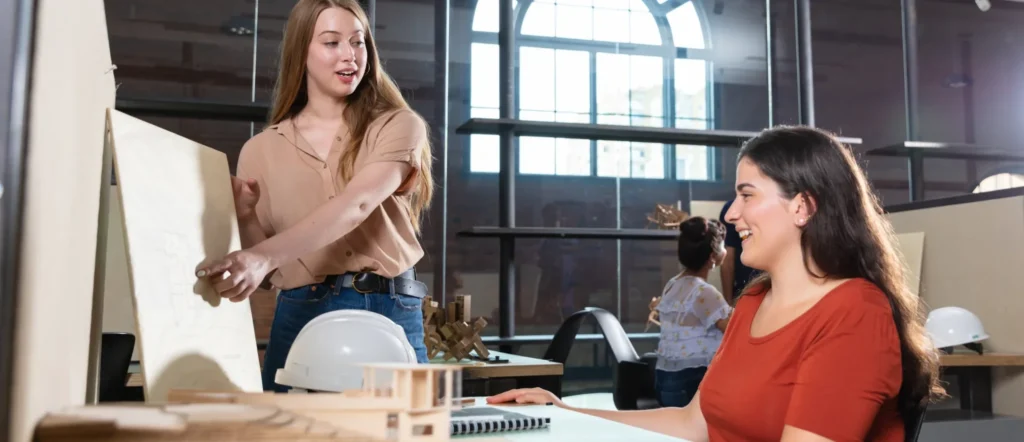
Sociology
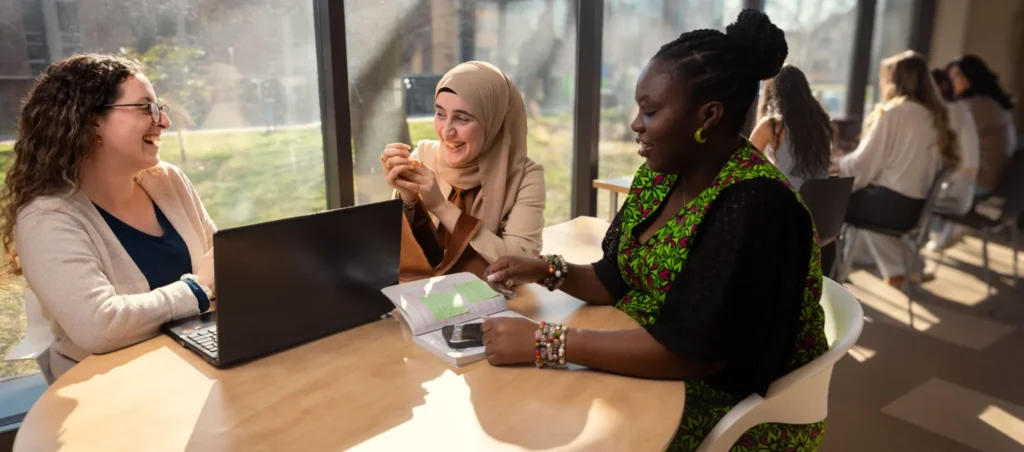
Social Work
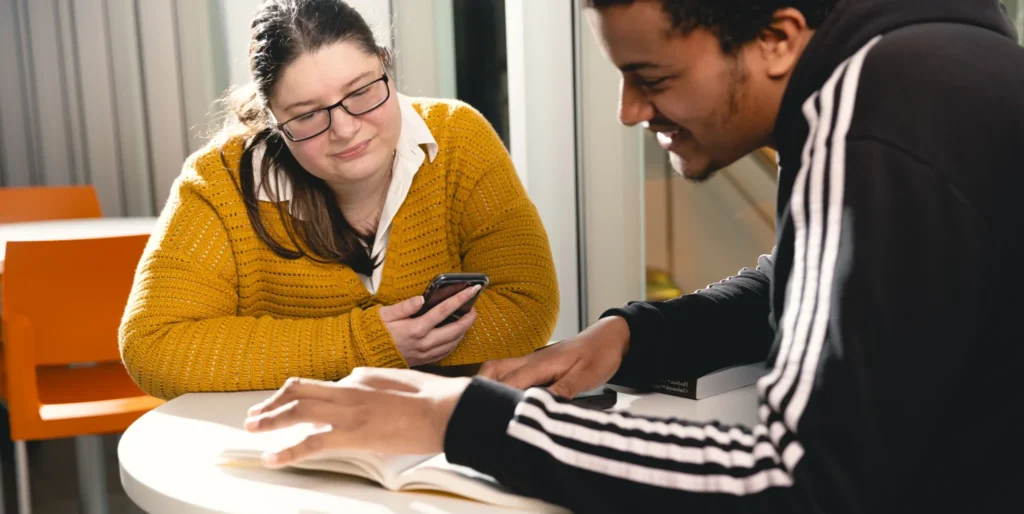
Psychology

Political Science

Philosophy

Music

Liberal Arts and Professional Studies

Law and Politics
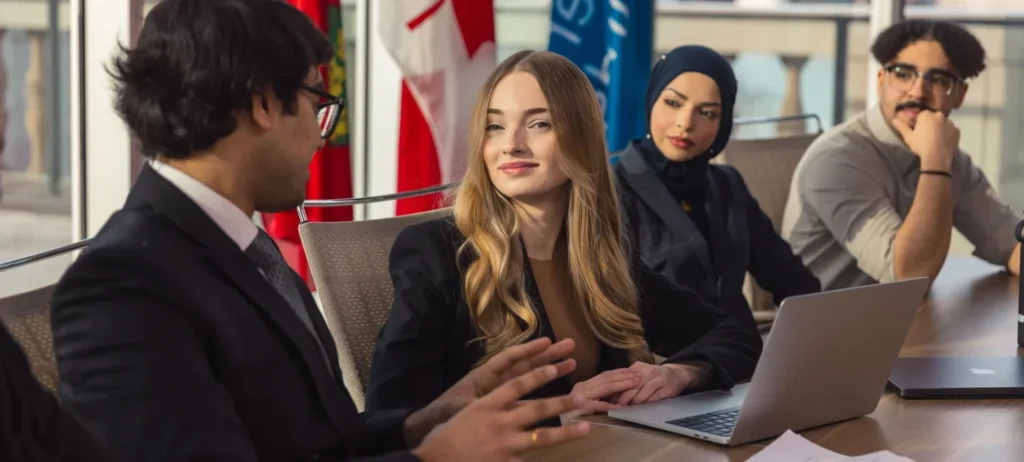
International Relations and Development Studies
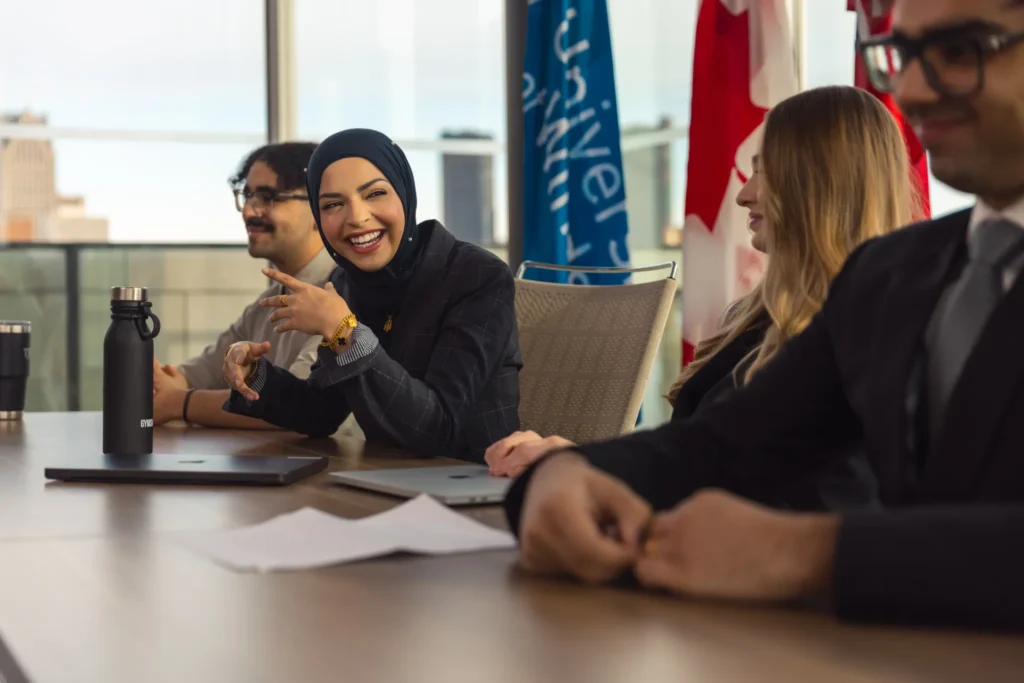
Interdisciplinary Arts and Science
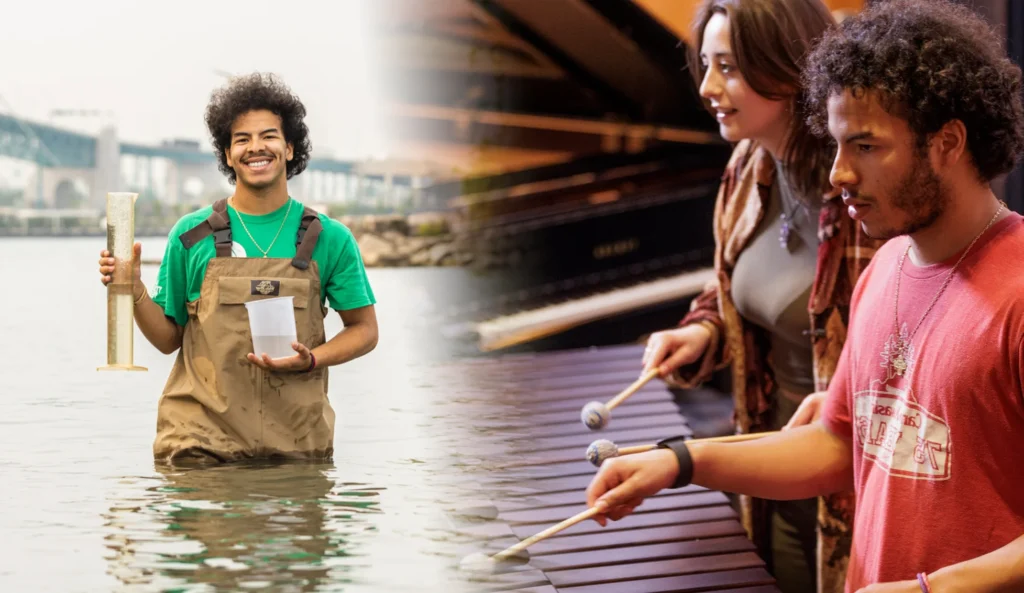
History

Greek and Roman Studies
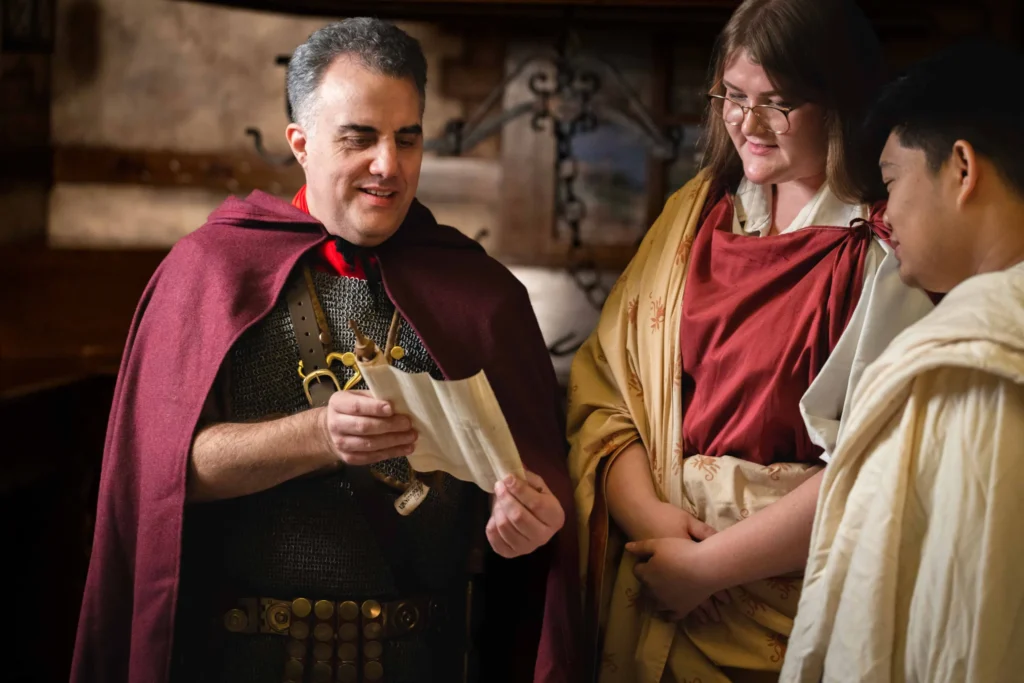
French Studies

Family and Social Relations
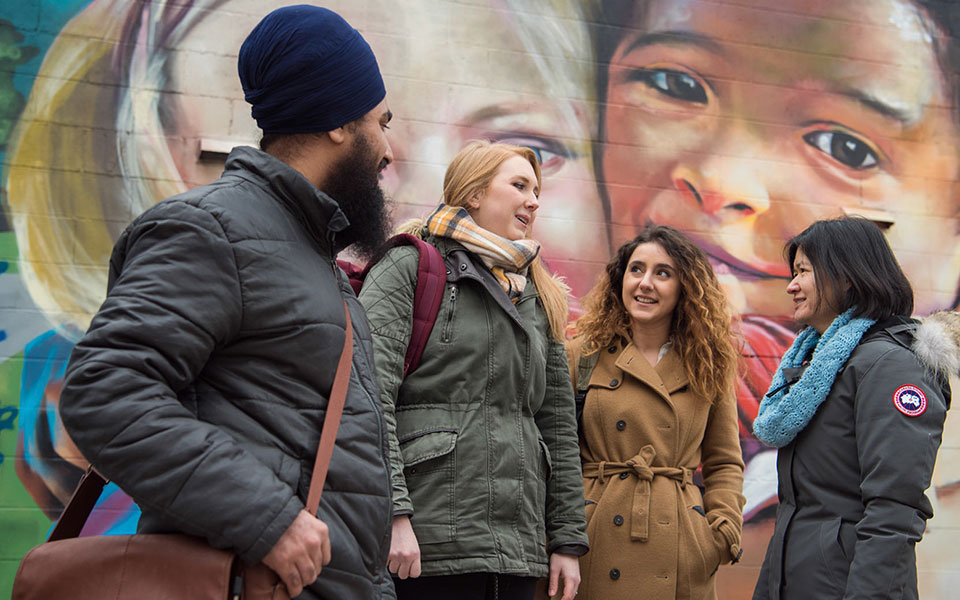
Dramatic Art
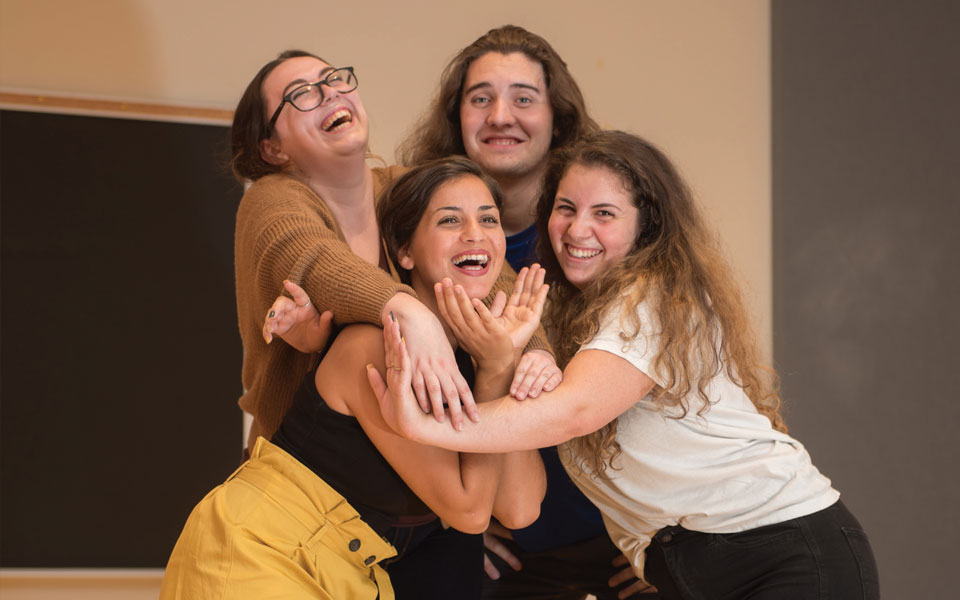
Criminology
